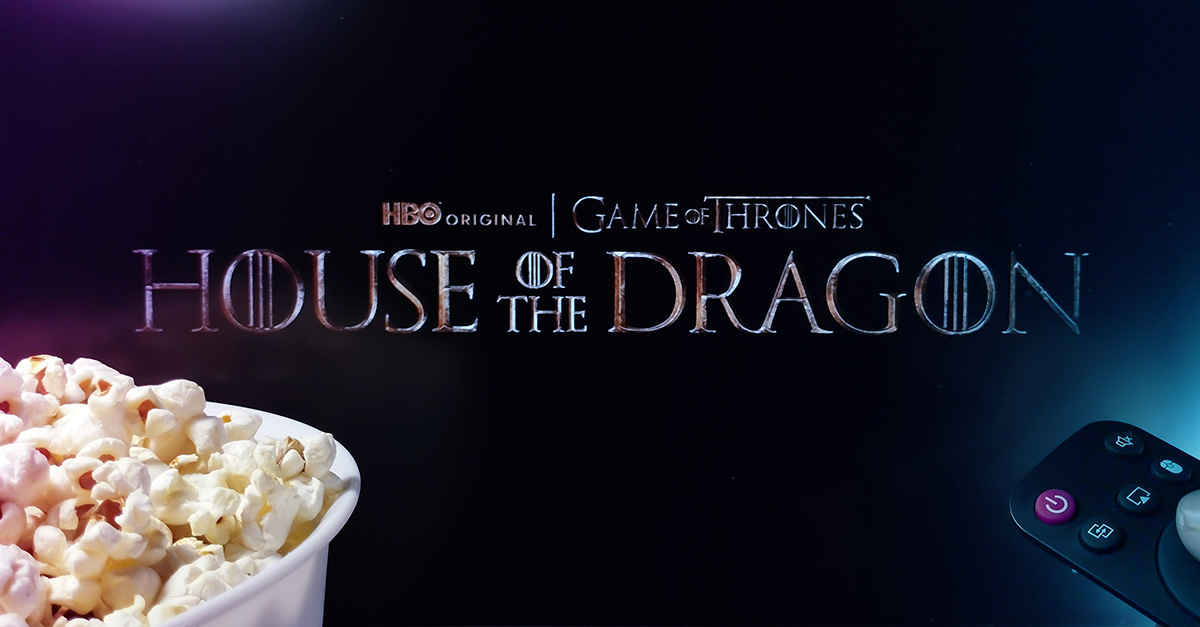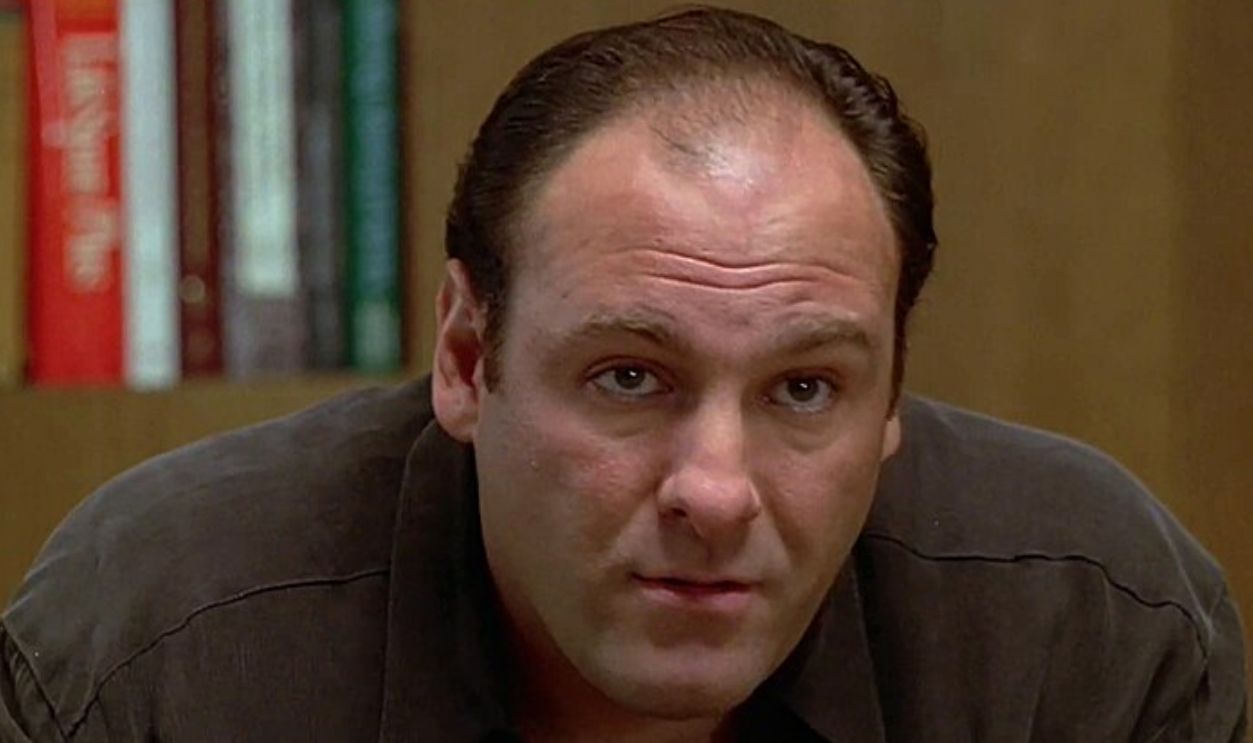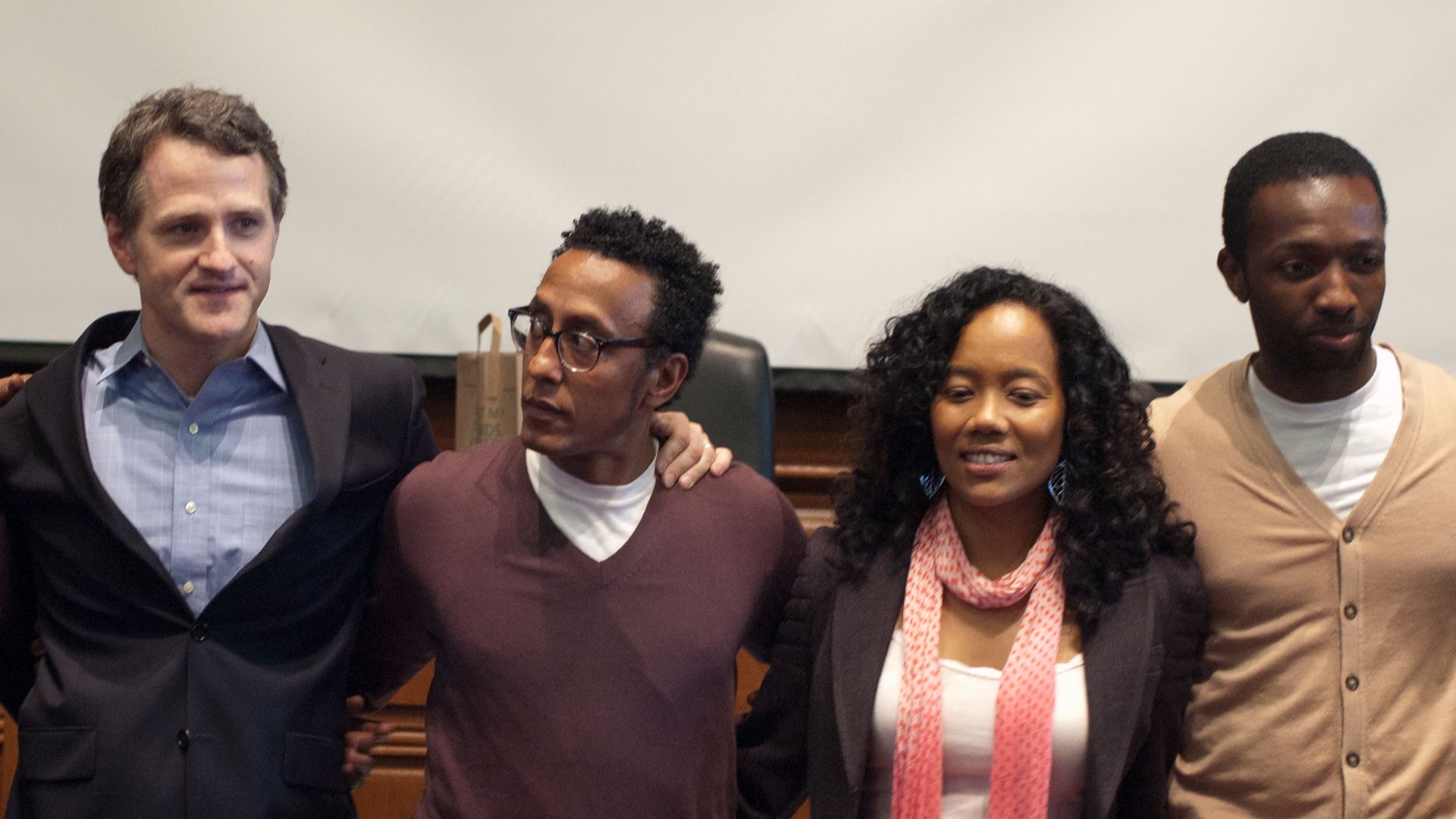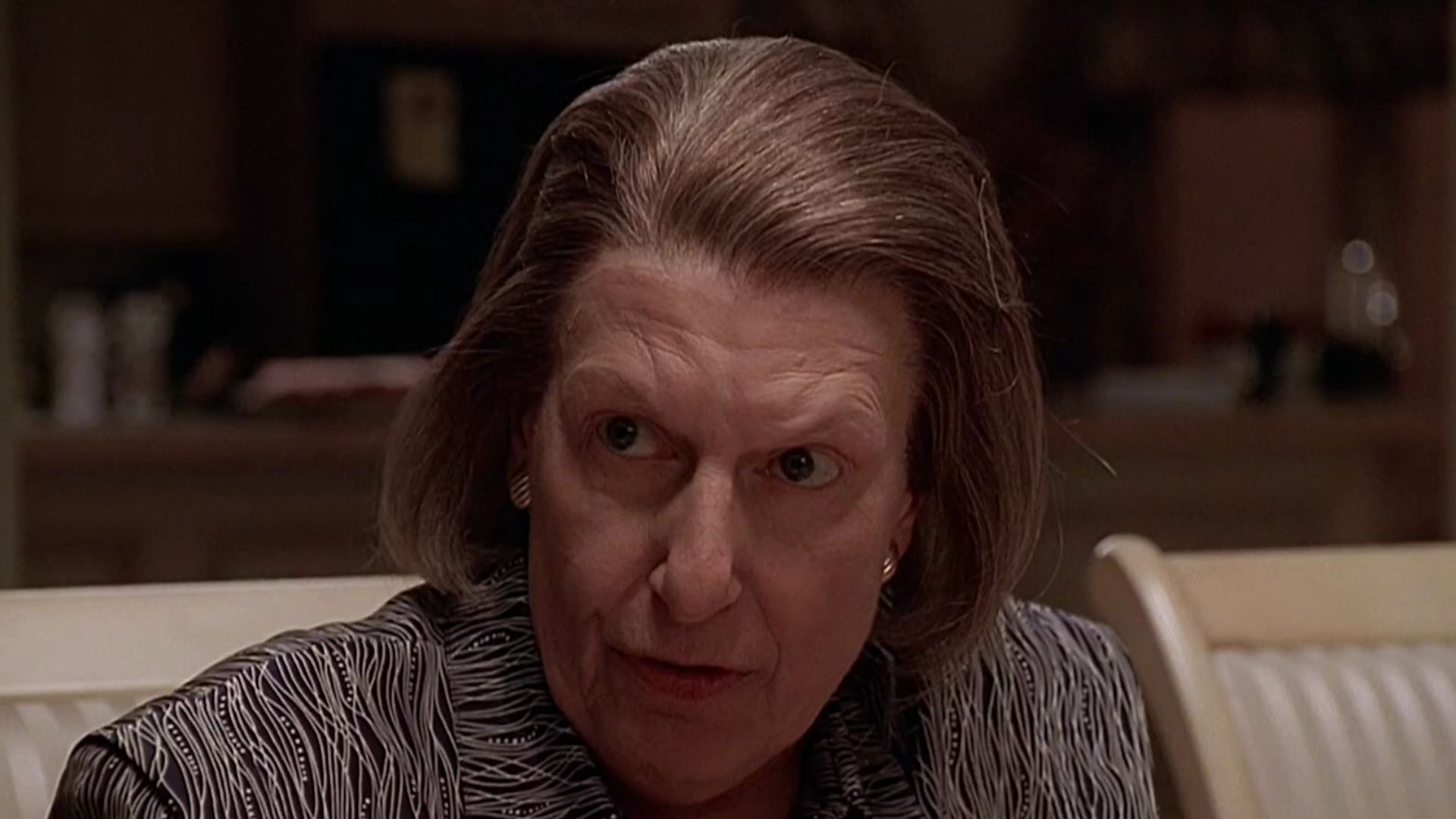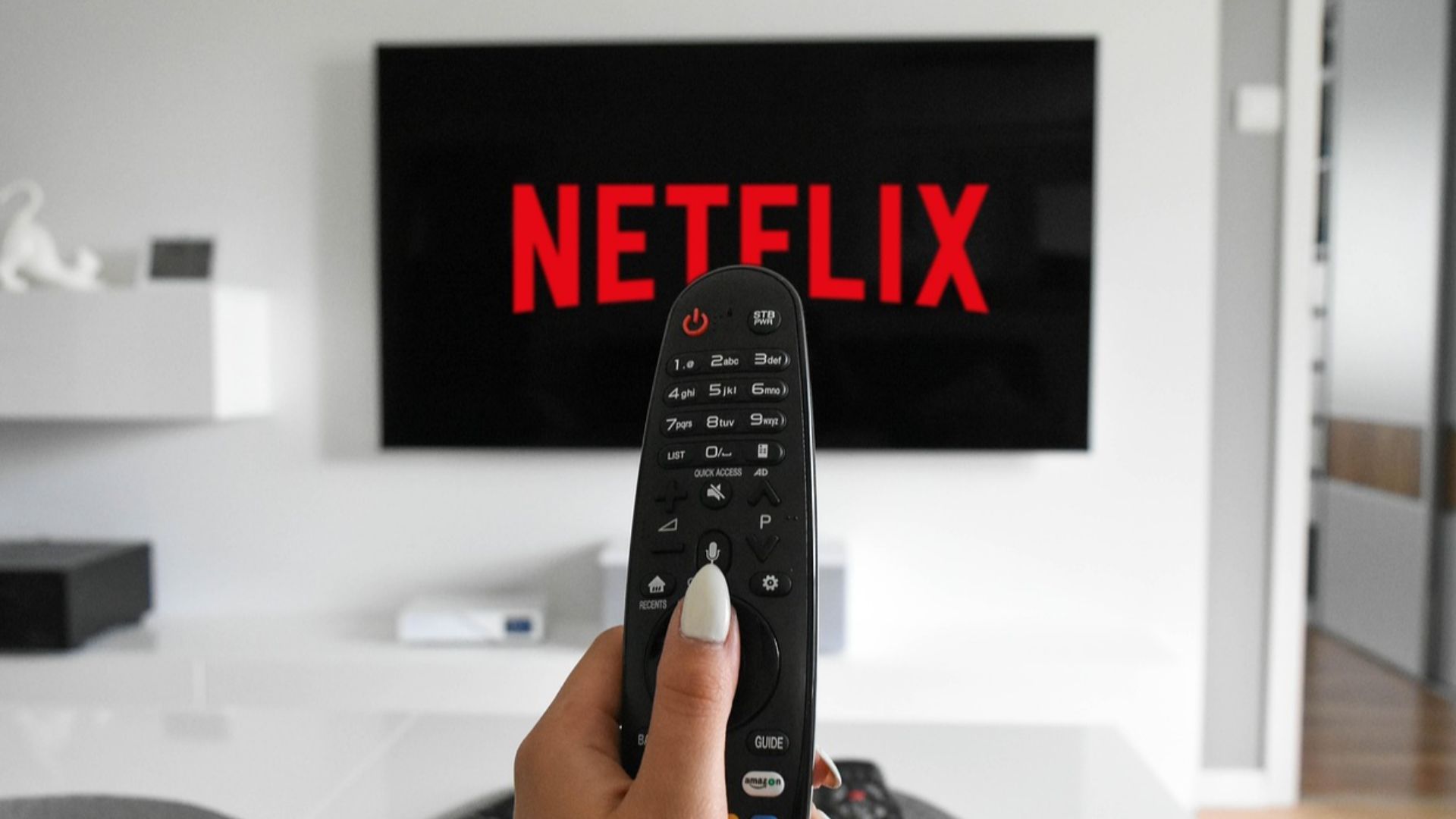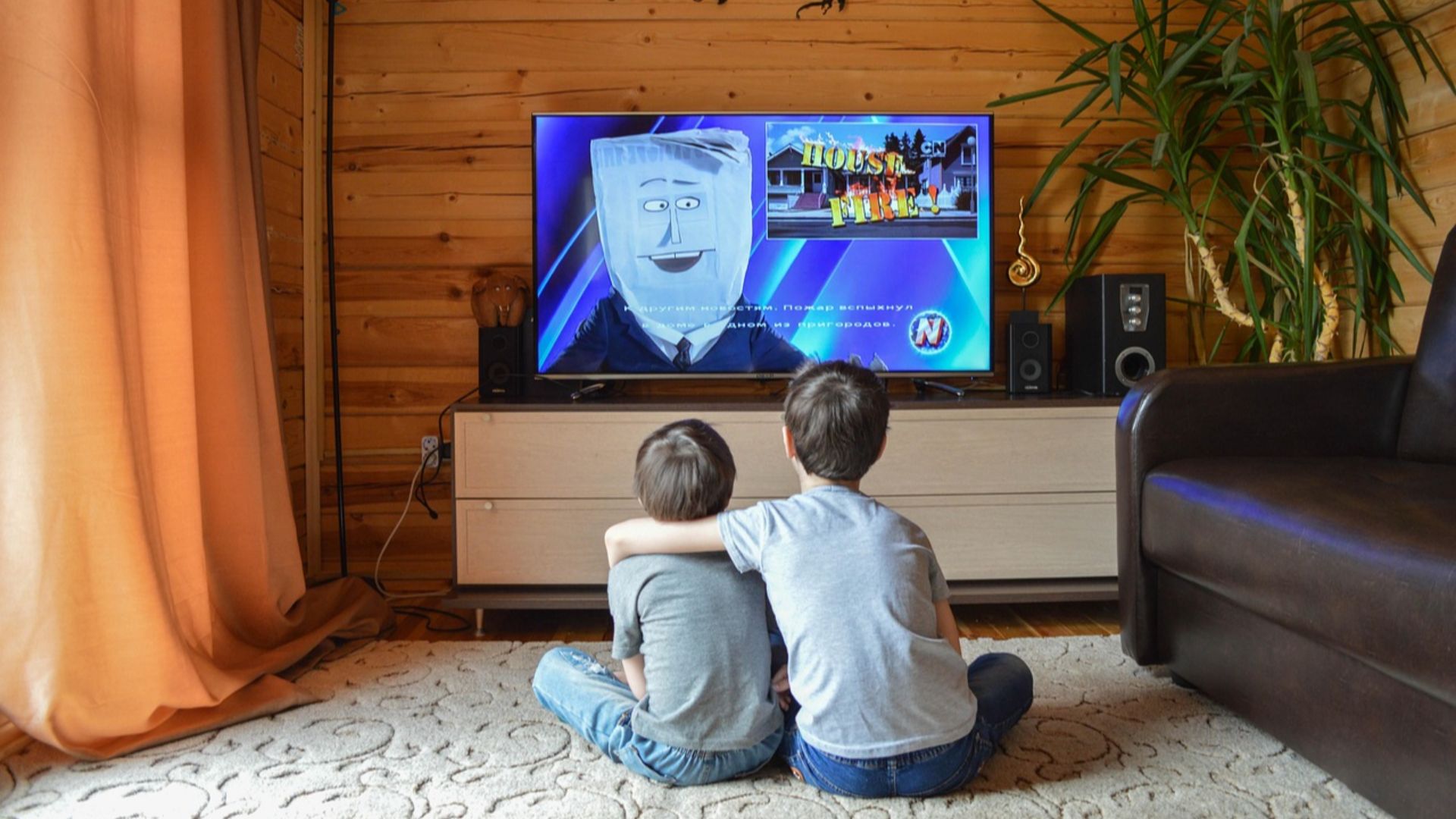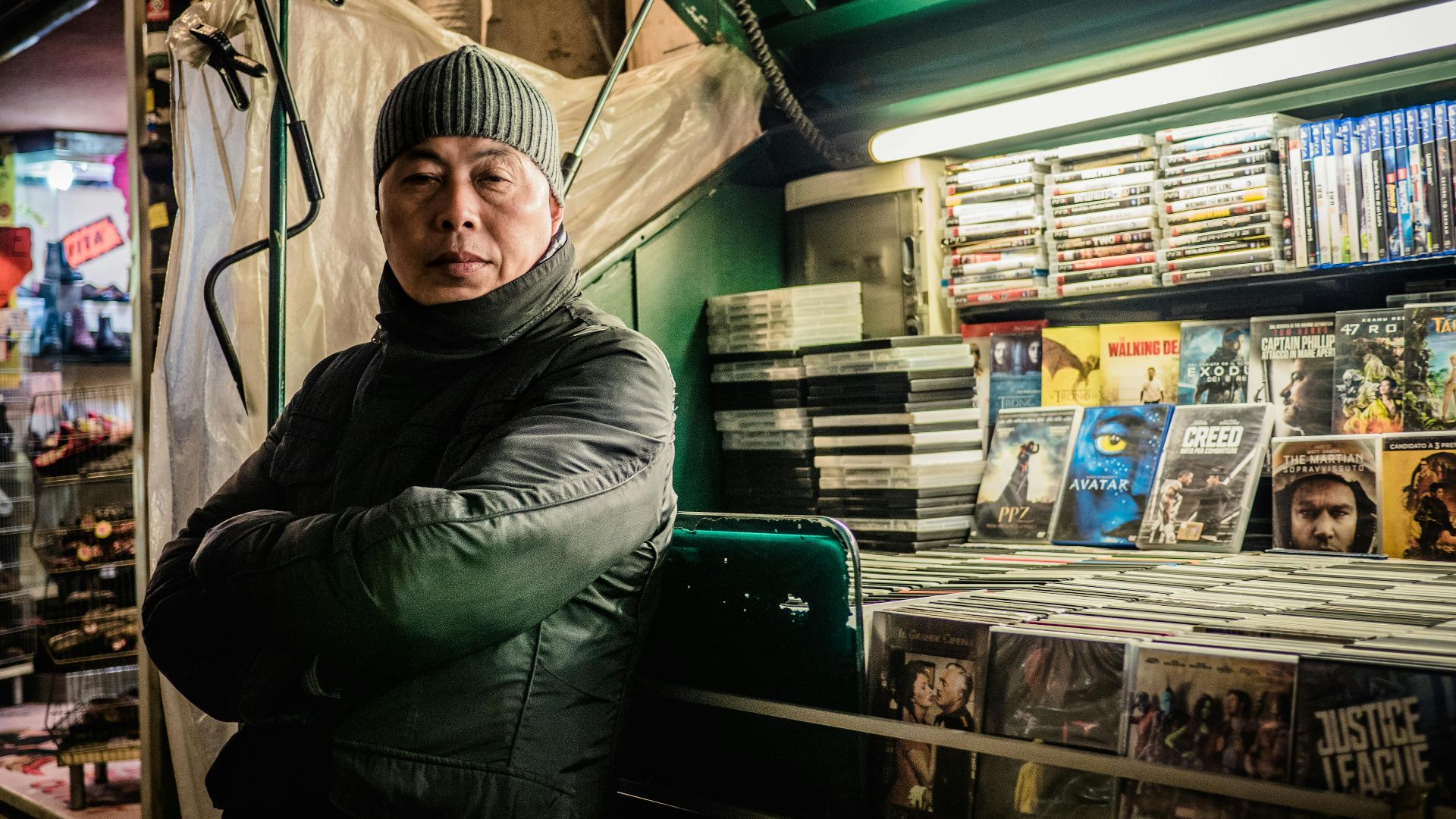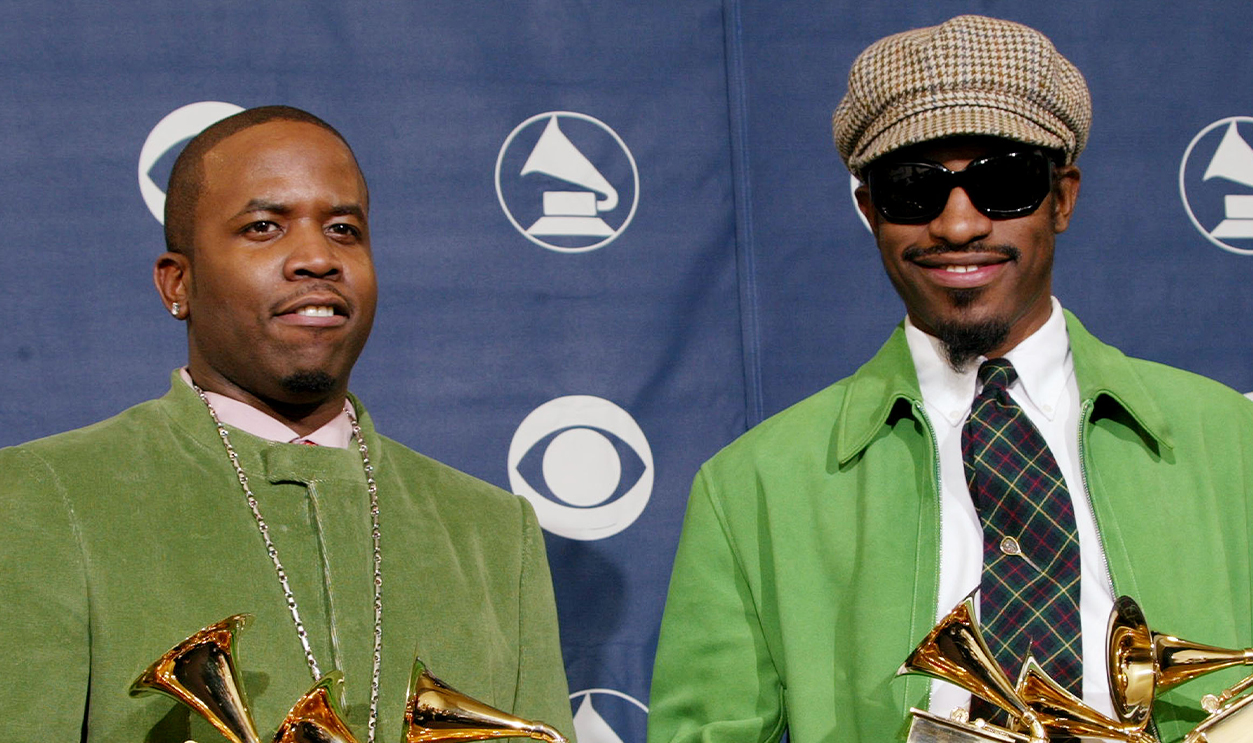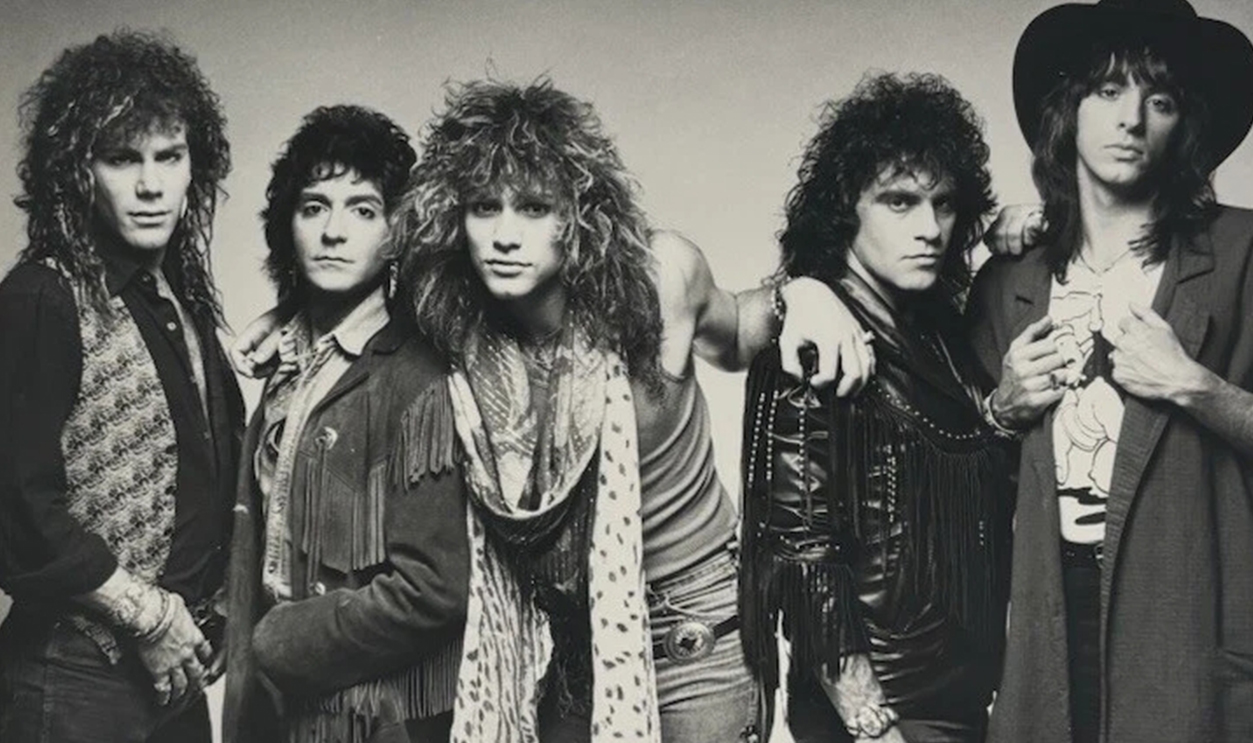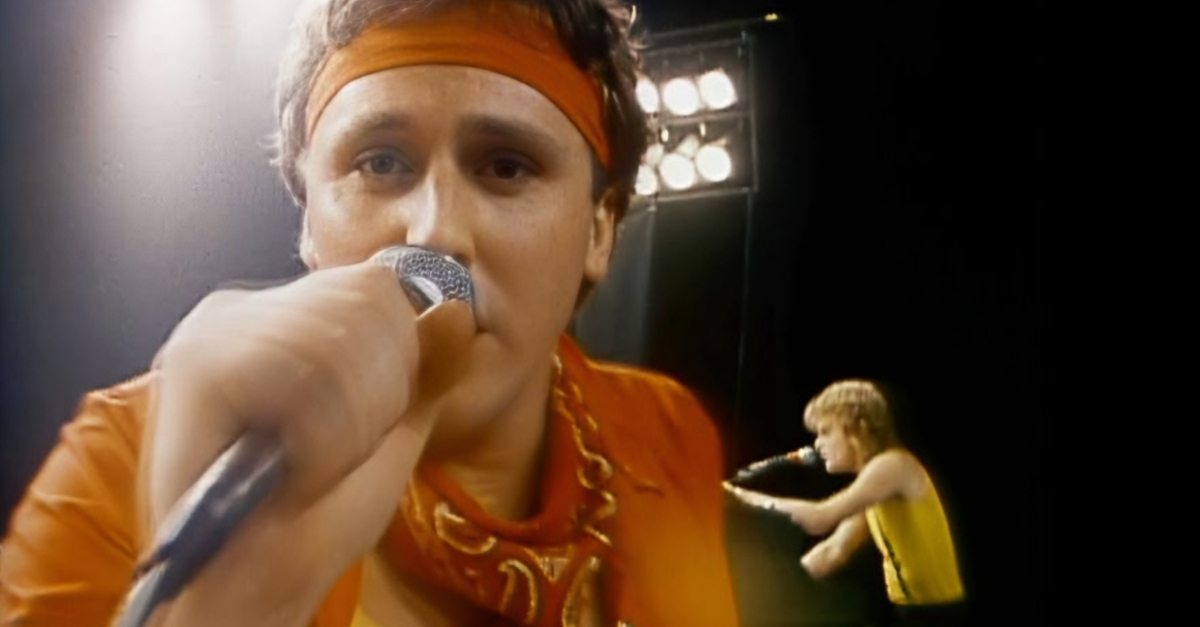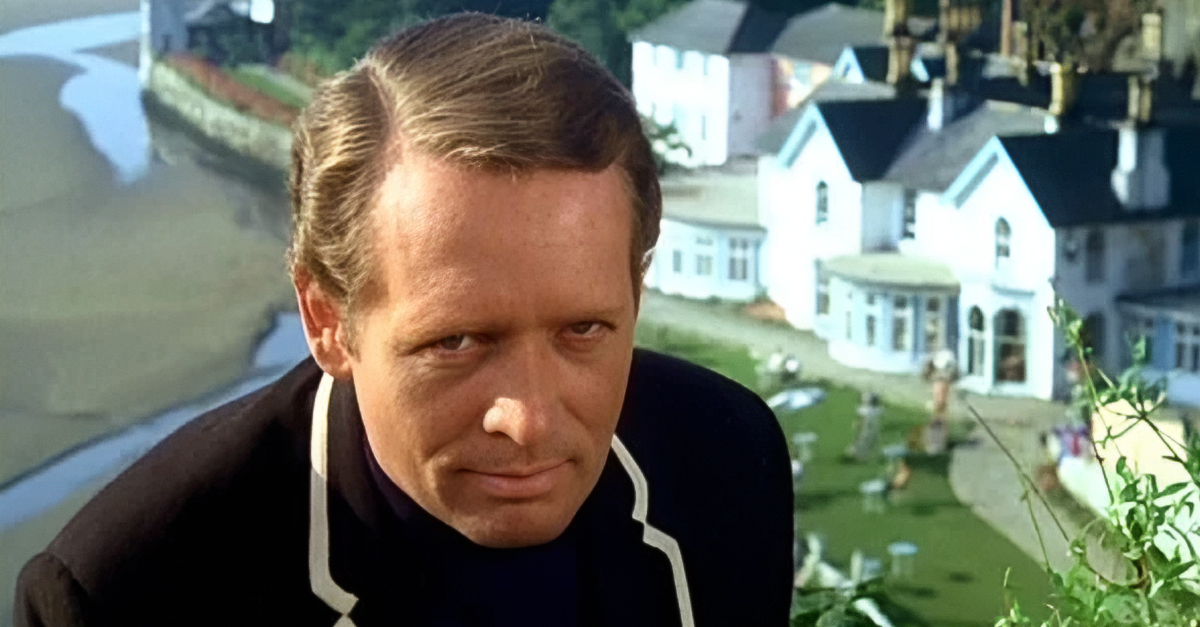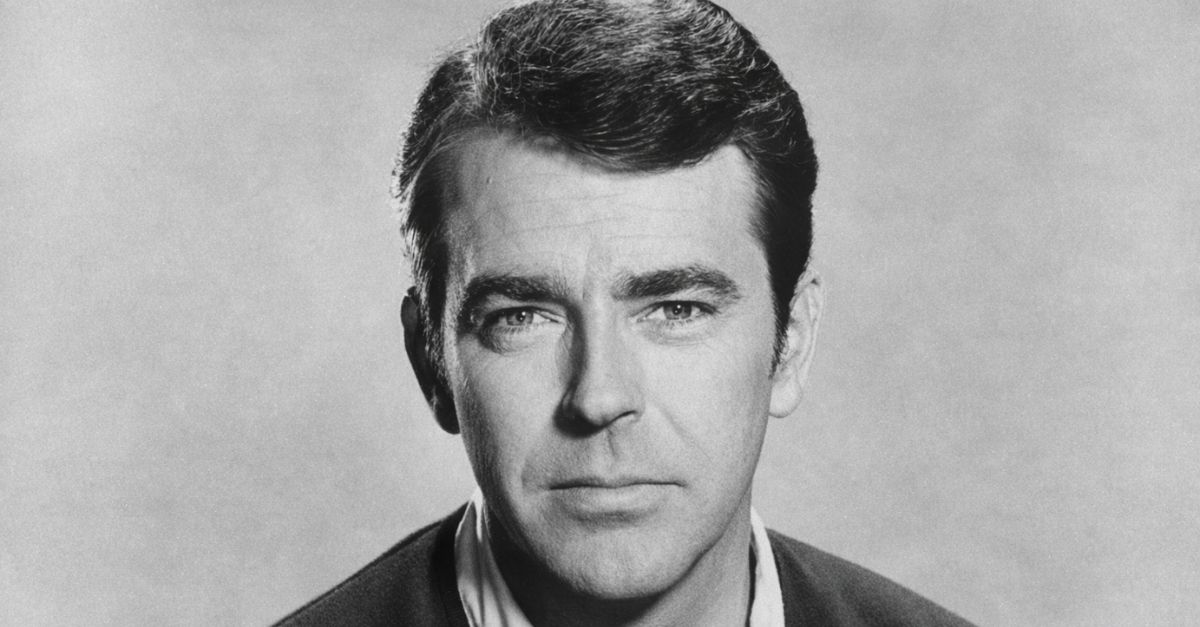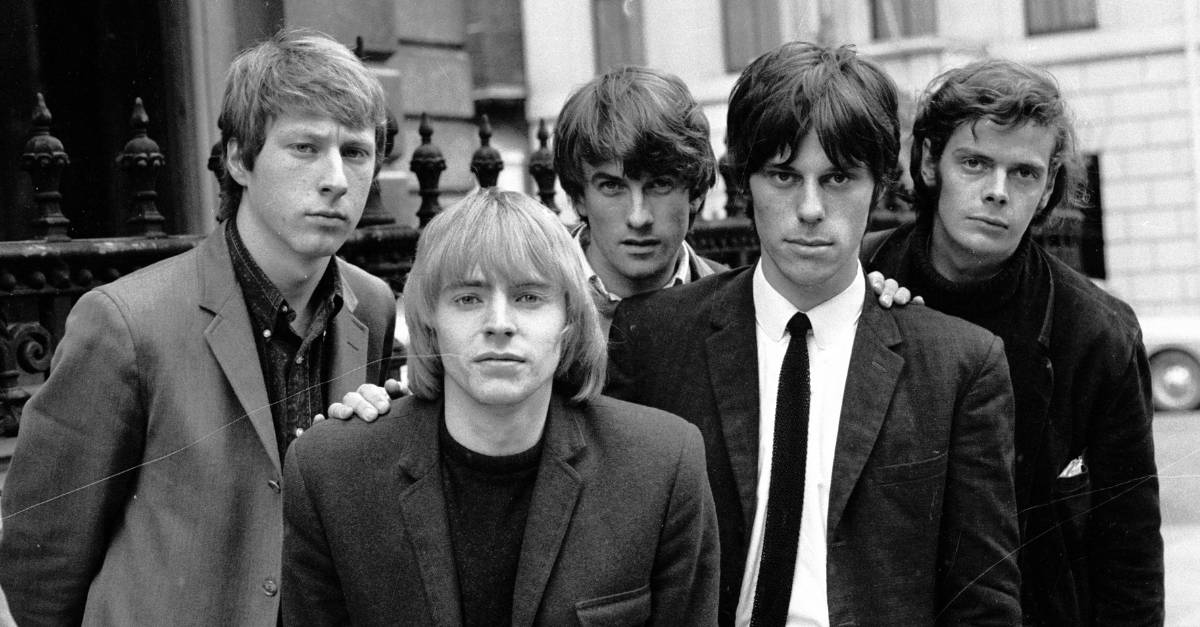The Golden Age of Binge-Worthy Beginnings
The 2000s were pure magic for television. It was a time when cable networks went rogue, reality TV ruled the world, and streaming quietly started to change how we watched everything. The decade gave us stories that made us laugh, cry, and scream at cliffhangers. So grab your remote and your low-rise jeans — let’s rewind to the 25 TV trends that made the 2000s unforgettable.
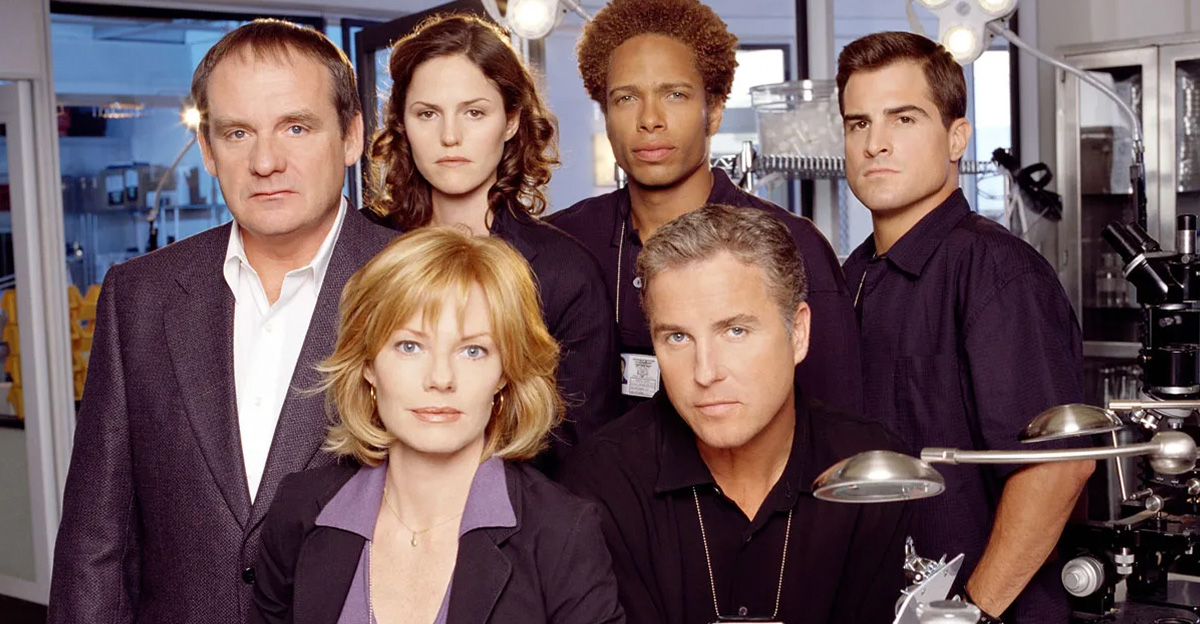
Reality TV Takes Over
Suddenly, real people were the stars — and we couldn’t get enough. From Survivor to The Simple Life, reality TV took over our screens and our conversations. Every episode came with drama, alliances, and those “did-that-really-happen?” moments. The early 2000s turned everyday folks into celebrities — and celebrities into walking memes.
The Rise Of Antiheroes
The good guys got complicated. Tony Soprano, Walter White, and Don Draper weren’t perfect — and that’s exactly why we loved them. They made bad decisions, lied to their families, and still managed to make us root for them. The 2000s proved that messy, morally gray characters could carry a story just as powerfully as heroes ever did.
Prestige TV Is Born
Television finally got the respect it deserved. Shows like The Wire, Mad Men, and The West Wing turned the small screen into serious storytelling territory. They were beautifully written, visually stunning, and filled with complex characters. Suddenly, watching TV didn’t feel like a guilty pleasure — it felt like cultural homework (the fun kind).
The Teen Drama Explosion
No one did angst quite like the 2000s. The O.C., Gossip Girl, and One Tree Hill gave us swoon-worthy romances, epic soundtracks, and enough drama to fuel an entire decade. These shows weren’t just about high school crushes — they were about identity, rebellion, and the pure chaos of growing up in style.
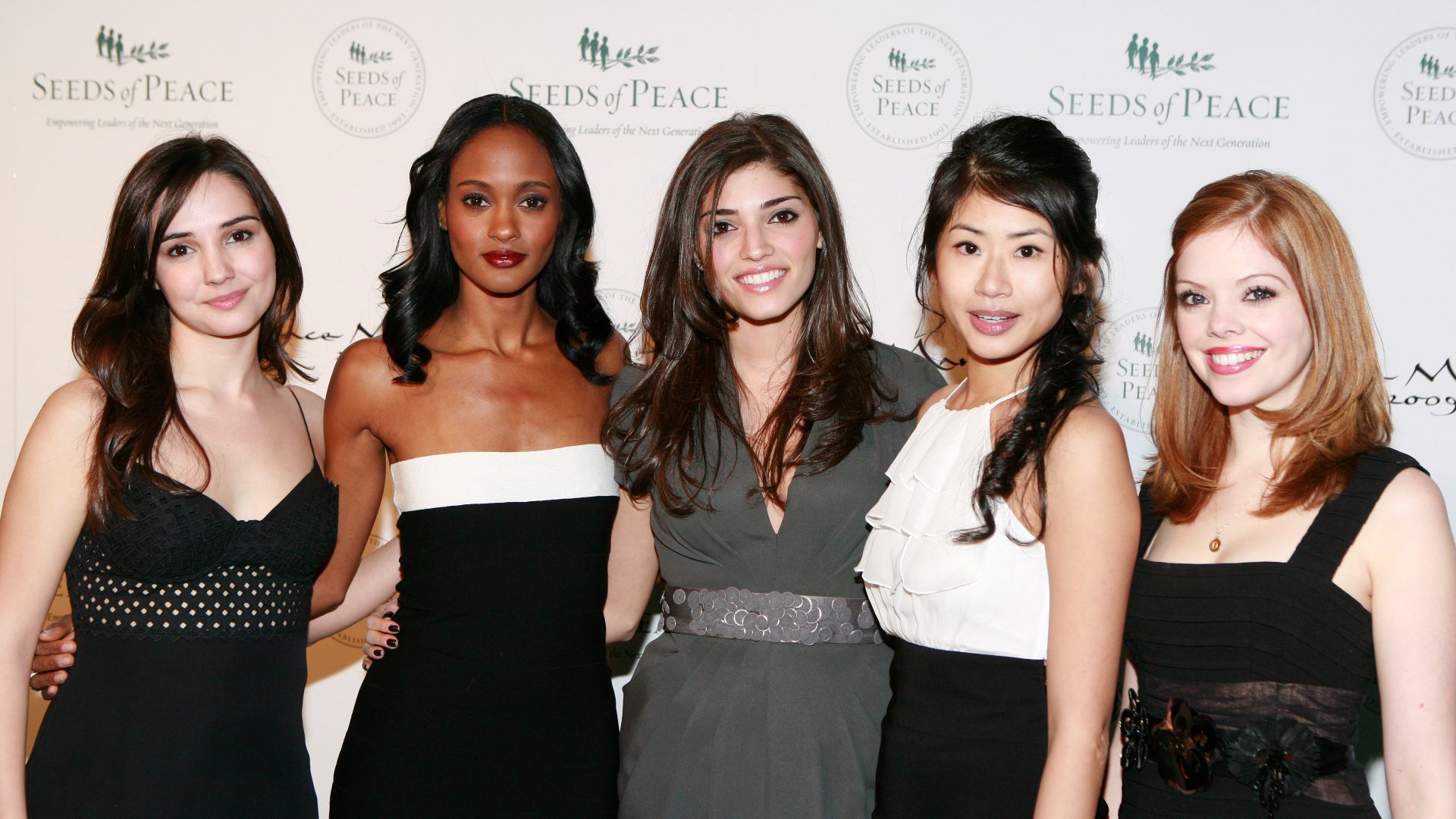 https://www.flickr.com/photos/seedsofpeaceofficialsite/, Wikimedia Commons
https://www.flickr.com/photos/seedsofpeaceofficialsite/, Wikimedia Commons
Sitcoms Get Smarter (and Weirder)
Comedy got a serious glow-up. Arrested Development and The Office ditched the laugh tracks and embraced awkward silences, strange characters, and sharp writing. The jokes were faster, the humor was smarter, and suddenly, sitcoms weren’t just about punchlines — they were about personality and style.
 Frederick M. Brown, Getty Images
Frederick M. Brown, Getty Images
The Reality Dating Show Boom
Before apps and DMs, romance came with rose ceremonies, mansion drama, and dramatic music cues. The Bachelor, Flavor of Love, and Rock of Love turned dating into high-stakes entertainment. The tears were real, the connections were questionable, and we loved every second of it.
 Christopher Polk, Getty Images
Christopher Polk, Getty Images
The Talent Show Renaissance
The 2000s were the decade of the dreamers. American Idol made stars out of everyday people, So You Think You Can Dance turned movement into magic, and Top Chef made us care deeply about risotto. These shows reminded us that passion and talent could take anyone from small-town hopeful to household name.
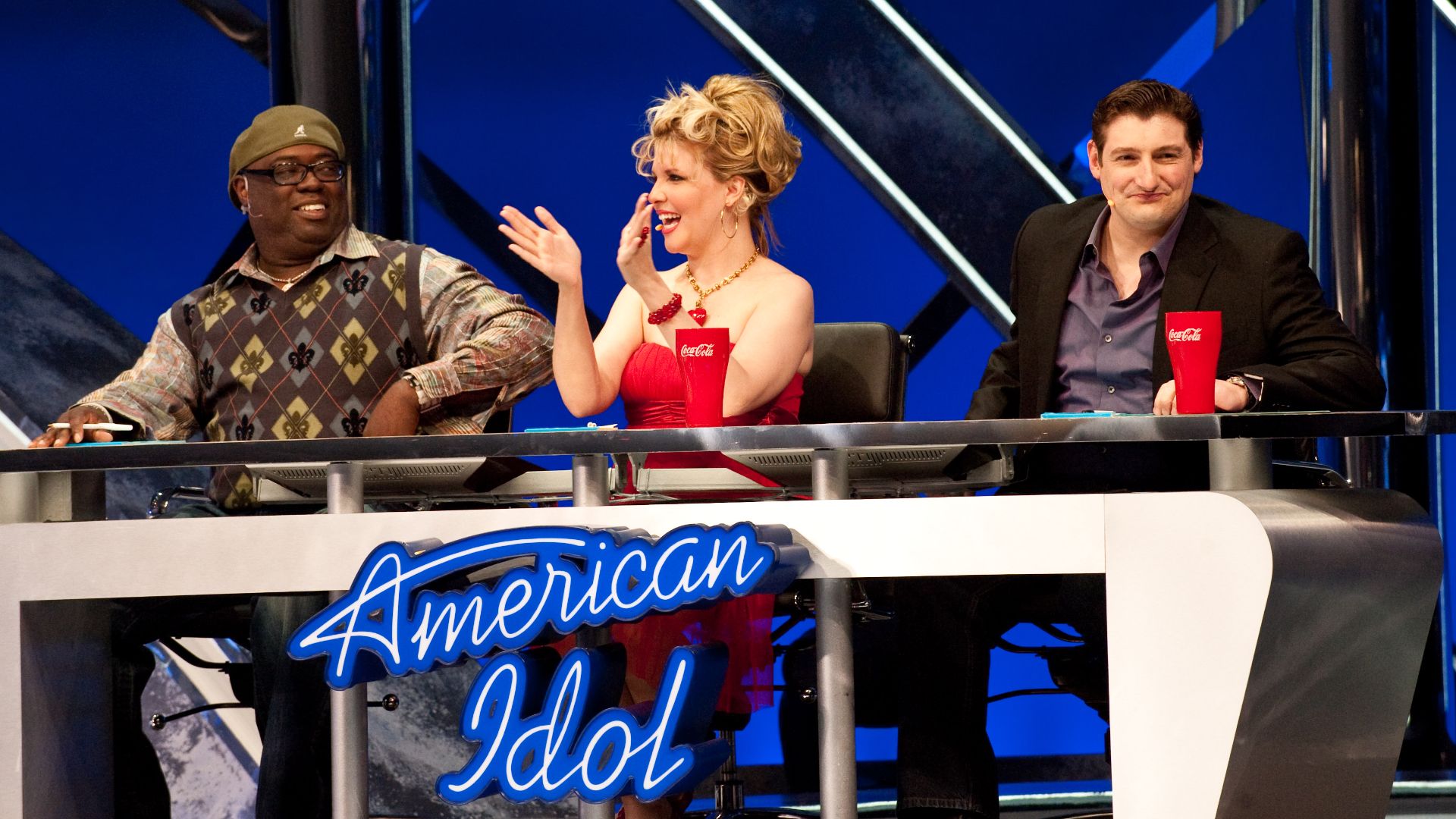 Josh Hallett from Winter Haven, FL, USA, Wikimedia Commons
Josh Hallett from Winter Haven, FL, USA, Wikimedia Commons
Cable Networks Get Creative
Cable got cool. HBO, FX, and AMC started taking risks — and it paid off big time. The Sopranos, Breaking Bad, and Nip/Tuck pushed boundaries and showed that TV could be daring, edgy, and unapologetically grown-up. It was the era when cable channels became the real creative powerhouses.
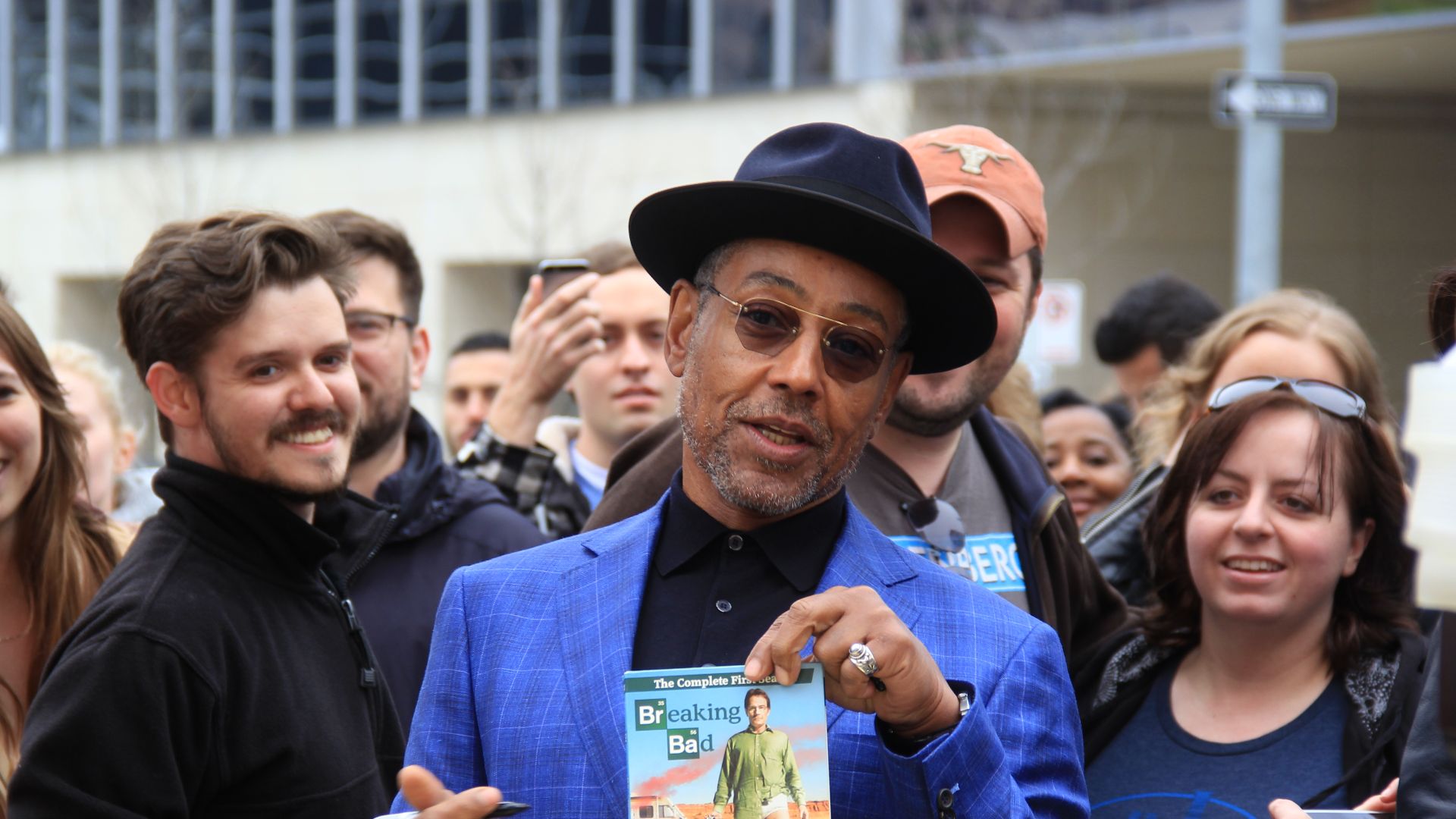 Daniel Benavides from Austin, TX, Wikimedia Commons
Daniel Benavides from Austin, TX, Wikimedia Commons
The “Must-See Finale” Era
There was nothing like a big TV finale in the 2000s. You’d plan your night around it, grab snacks, and call your friends after to discuss what just happened. Whether it was Friends, Lost, or The Sopranos, these finales became cultural events — long before Twitter turned live-tweeting into a thing.
TV Gets Political
Jon Stewart and Stephen Colbert made politics funny — and weirdly informative. The Daily Show and The Colbert Report turned satire into must-watch television, proving that humor could make headlines actually digestible. These shows shaped how an entire generation saw the news — with equal parts laughter and outrage.
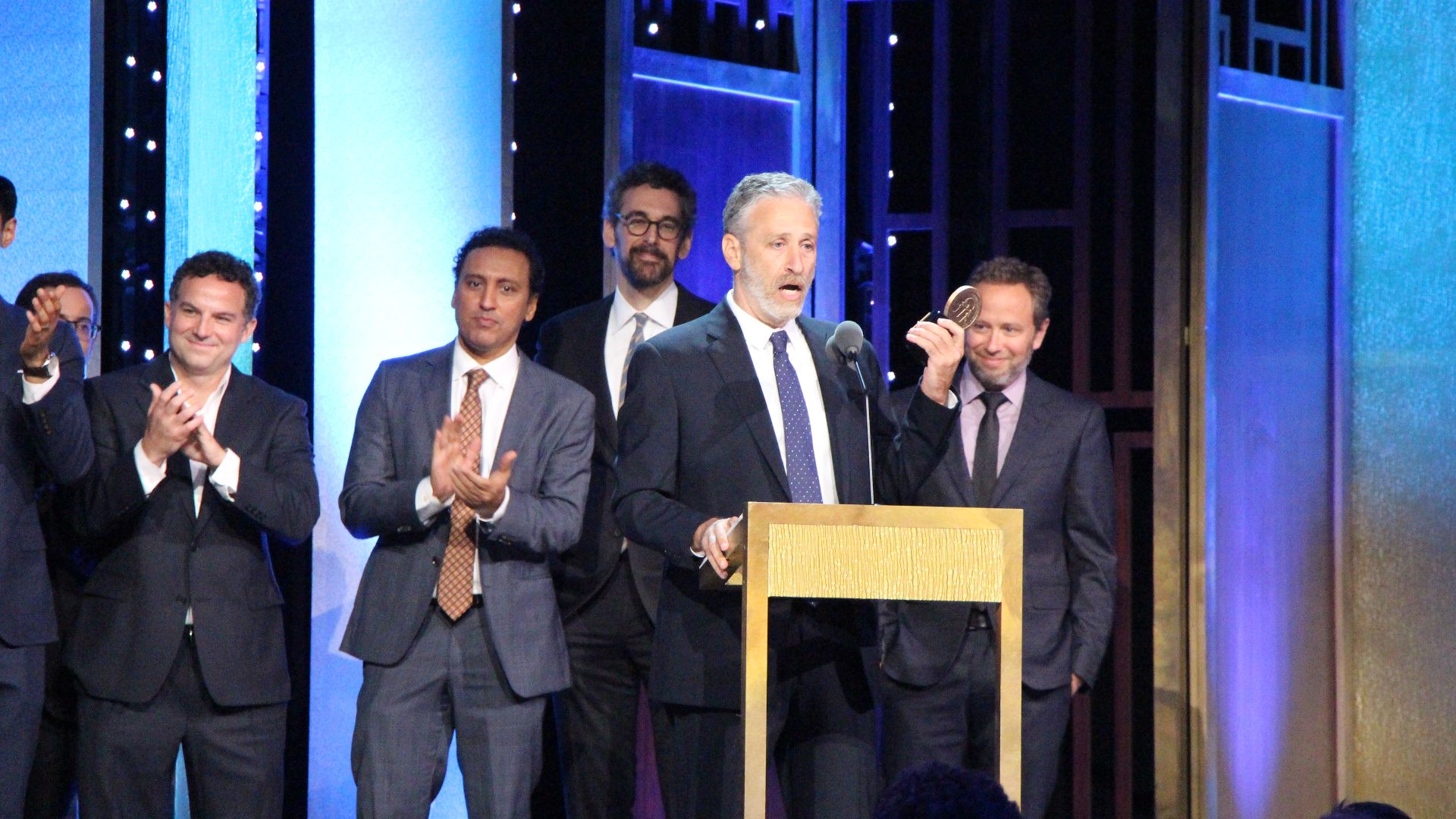 Peabody Awards, Wikimedia Commons
Peabody Awards, Wikimedia Commons
Reality TV Villains Become Icons
Every good show needs a villain, and reality TV delivered. Omarosa, Simon Cowell, and Spencer Pratt were unapologetically over the top — and audiences couldn’t look away. These “love to hate” characters became cultural icons, proving that being the bad guy on TV could make you a star in real life.
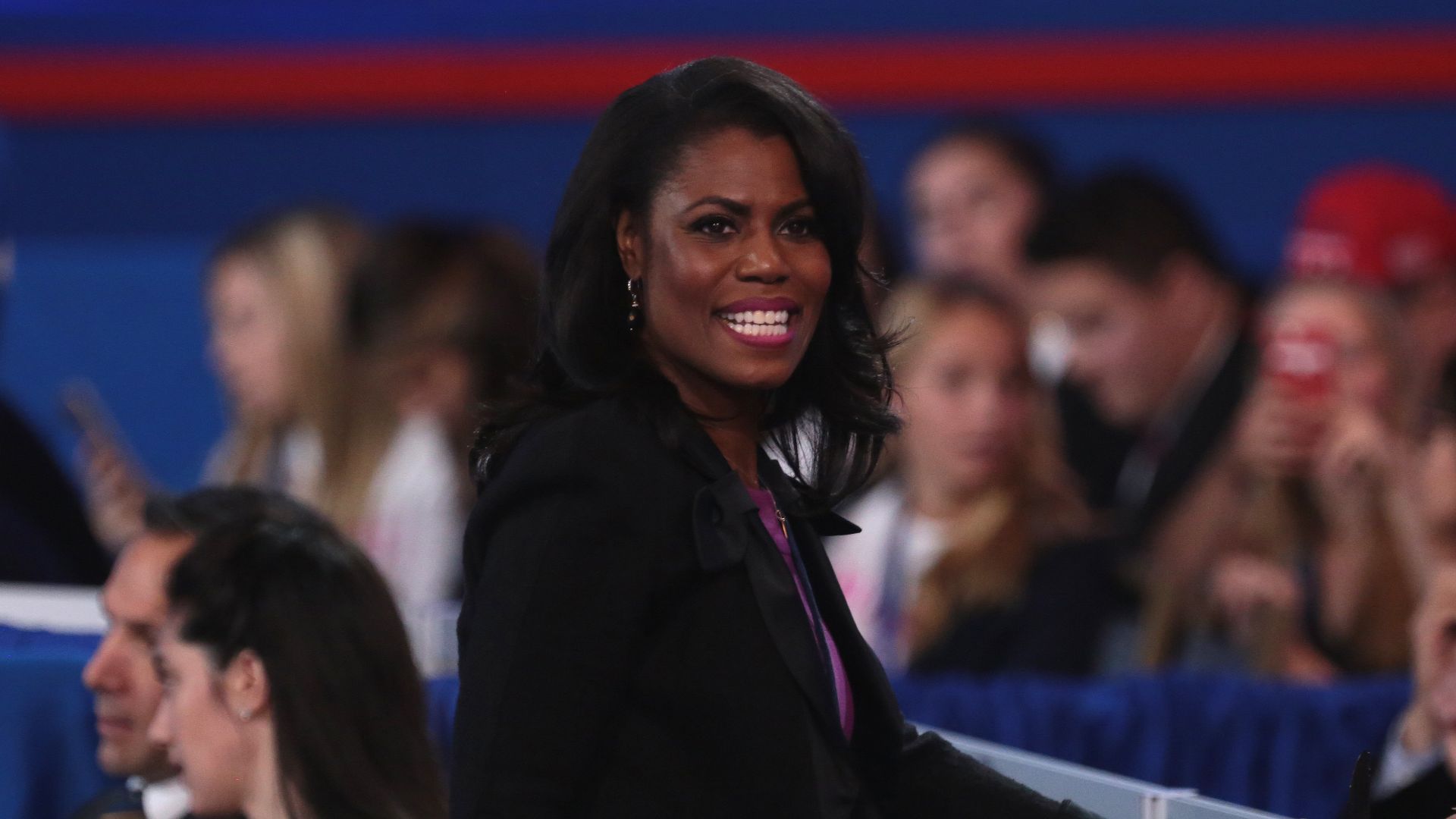 Gage Skidmore from Peoria, AZ, United States of America, Wikimedia Commons
Gage Skidmore from Peoria, AZ, United States of America, Wikimedia Commons
The Rise Of The Reboot
Everything old was new again. The 2000s brought back classics like Doctor Who and Battlestar Galactica, giving them shiny, modern makeovers. These reboots mixed nostalgia with fresh storytelling, showing that great ideas never really go out of style — they just get an HD upgrade.
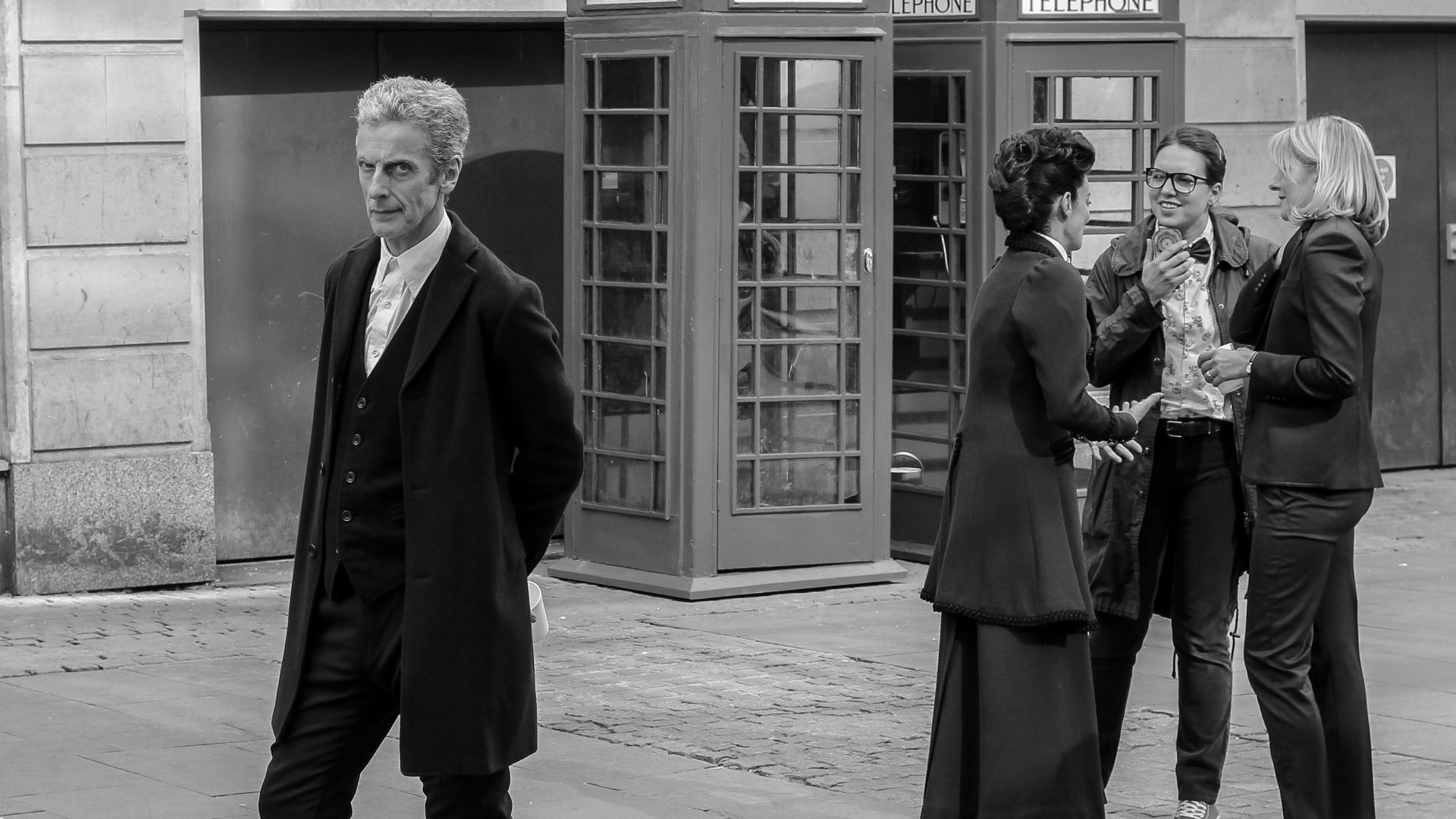 Shaun Smith, Wikimedia Commons
Shaun Smith, Wikimedia Commons
Streaming Sneaks Onto The Scene
Before “binge-watch” became a verb, Netflix was still mailing DVDs in red envelopes. But on-demand viewing was starting to take off. Services like Hulu and YouTube were changing how — and when — we watched TV. It was the quiet beginning of a revolution that would soon flip the industry upside down.
The Birth Of “Fan Theories”
No one just watched Lost or Heroes — they analyzed them. Online forums exploded with fan theories about mysterious islands, time travel, and secret conspiracies. TV fans became detectives, decoding clues and obsessing over hidden meanings. For the first time, watching TV felt like a full-time hobby.
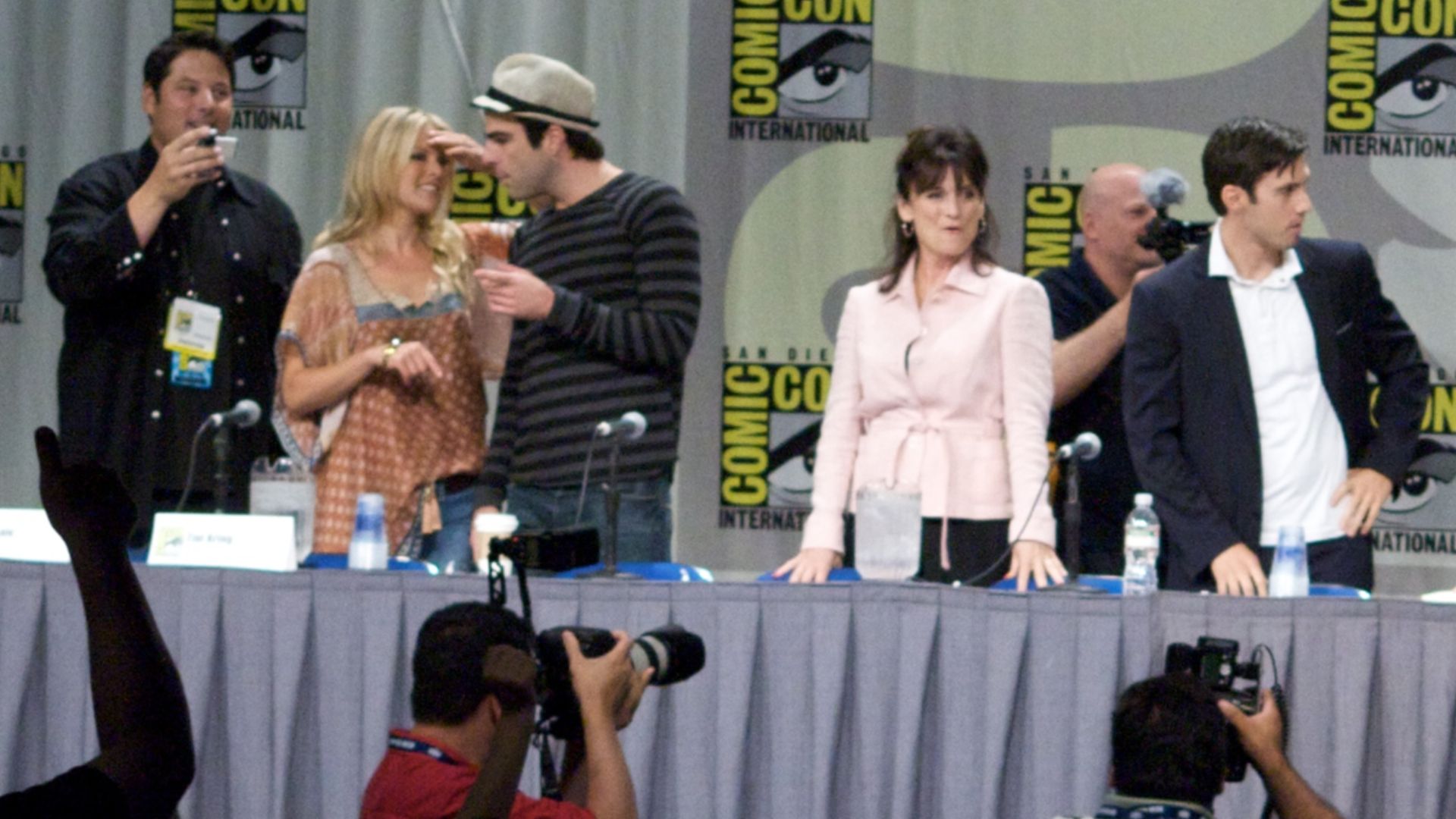 Ewen Roberts, Wikimedia Commons
Ewen Roberts, Wikimedia Commons
The Explosion Of Animated Comedy
Adult animation took over the airwaves. Family Guy, South Park, and Futurama proved that cartoons could be smart, subversive, and totally inappropriate — in the best way. These shows poked fun at politics, pop culture, and everything in between, turning animation into some of the boldest comedy of the decade.
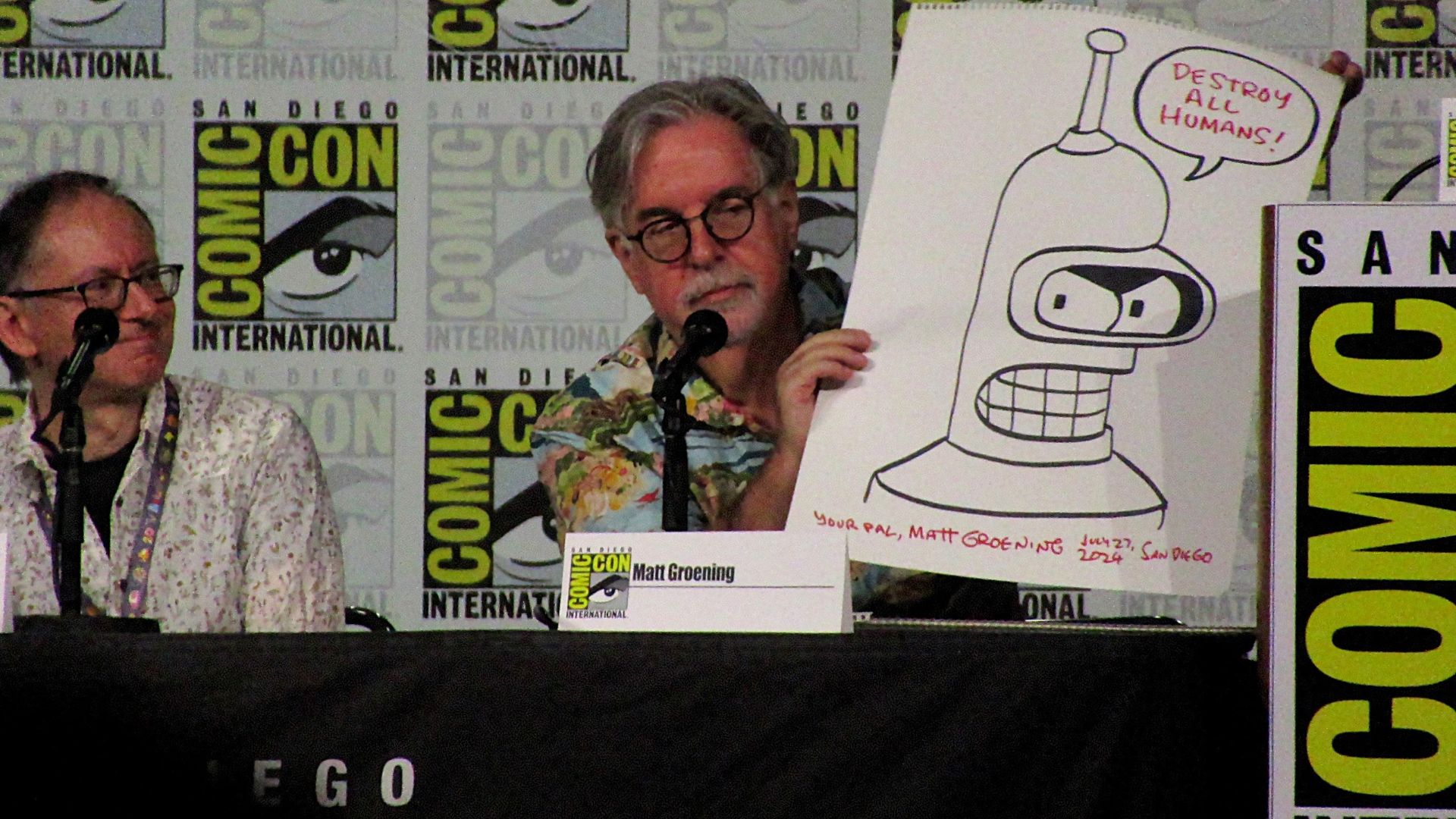 Matt Boulton, Wikimedia Commons
Matt Boulton, Wikimedia Commons
The Celebrity Reality Show Craze
Suddenly, we were invited into the homes of the famous — and we couldn’t look away. The Osbournes, Newlyweds, and Keeping Up with the Kardashians turned private lives into public entertainment. These shows blurred the line between authenticity and performance — and helped invent modern celebrity culture as we know it.
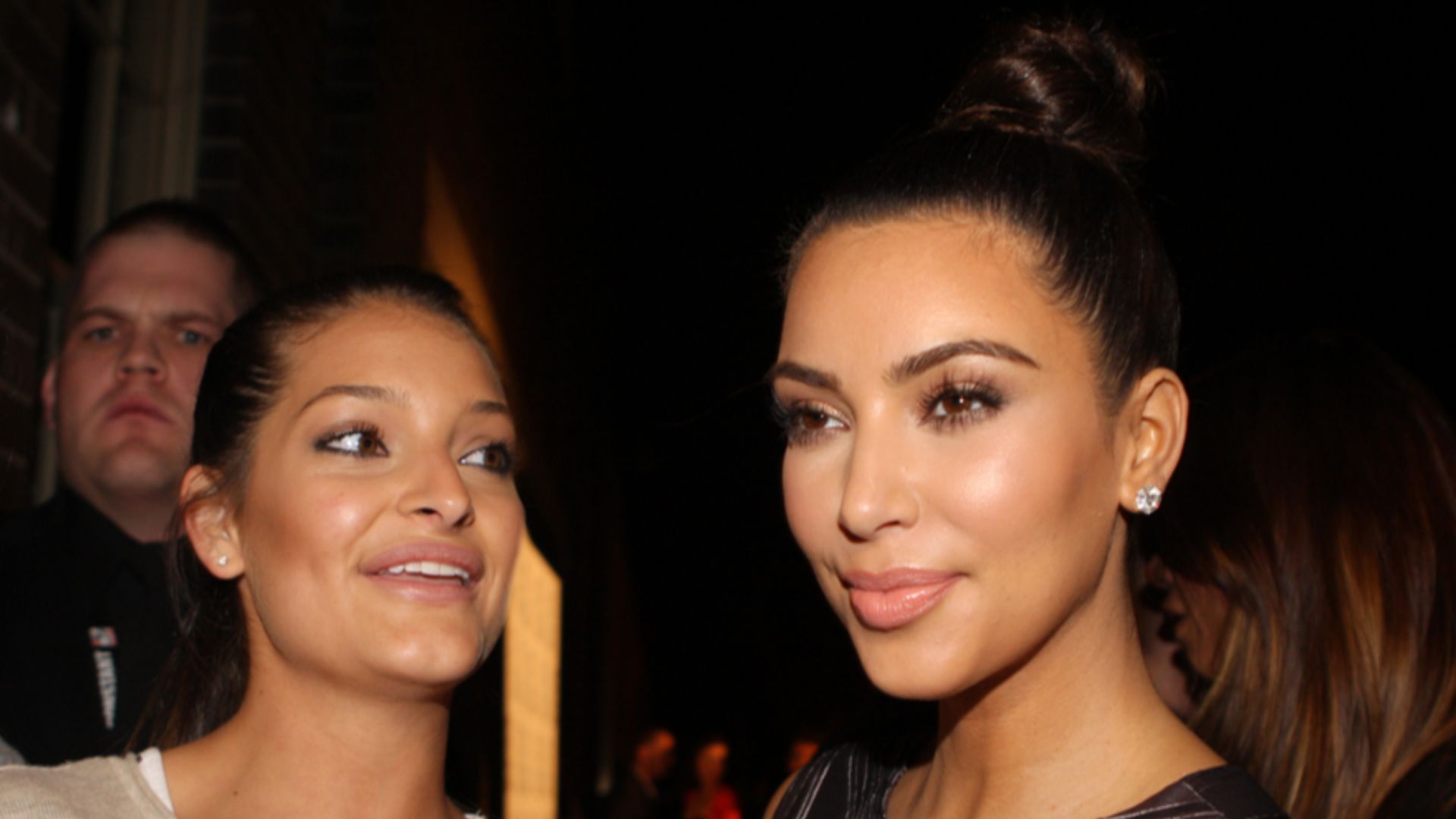 Eva Rinaldi, Wikimedia Commons
Eva Rinaldi, Wikimedia Commons
TV Gets Grittier
Gone were the days of feel-good fluff. The 2000s gave us darker, more intense stories with shows like 24, Dexter, and The Shield. The violence was real, the choices were heavy, and the stakes were high. It was a decade that showed TV could be just as thrilling — and complex — as film.
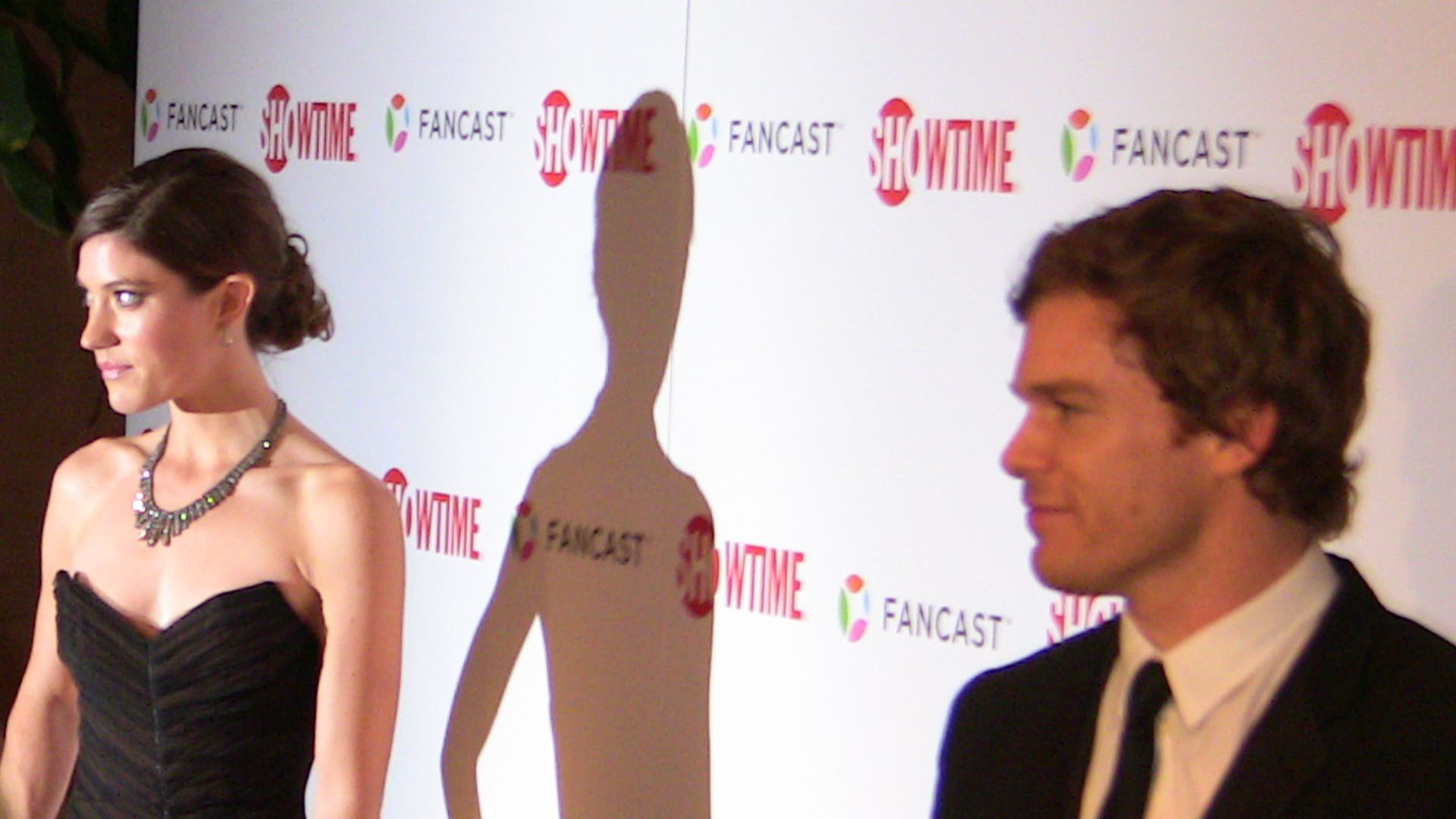 Kristin Dos Santos from Los Angeles, California, United States, Wikimedia Commons
Kristin Dos Santos from Los Angeles, California, United States, Wikimedia Commons
Appointment TV Becomes A Thing
Before DVRs and streaming, watching TV was an event. Thursday nights meant Friends or Grey’s Anatomy, and you did not miss them. Everyone watched together — in real time. It wasn’t just about the shows; it was about the ritual. Appointment TV was the heartbeat of early-2000s culture.
The Return Of Game Shows
The 2000s brought game shows roaring back. Who Wants to Be a Millionaire? made trivia glamorous, Deal or No Deal made briefcases exciting, and Jeopardy! had a cultural glow-up. These shows combined tension, humor, and huge cash prizes — and gave regular people a shot at instant fame.
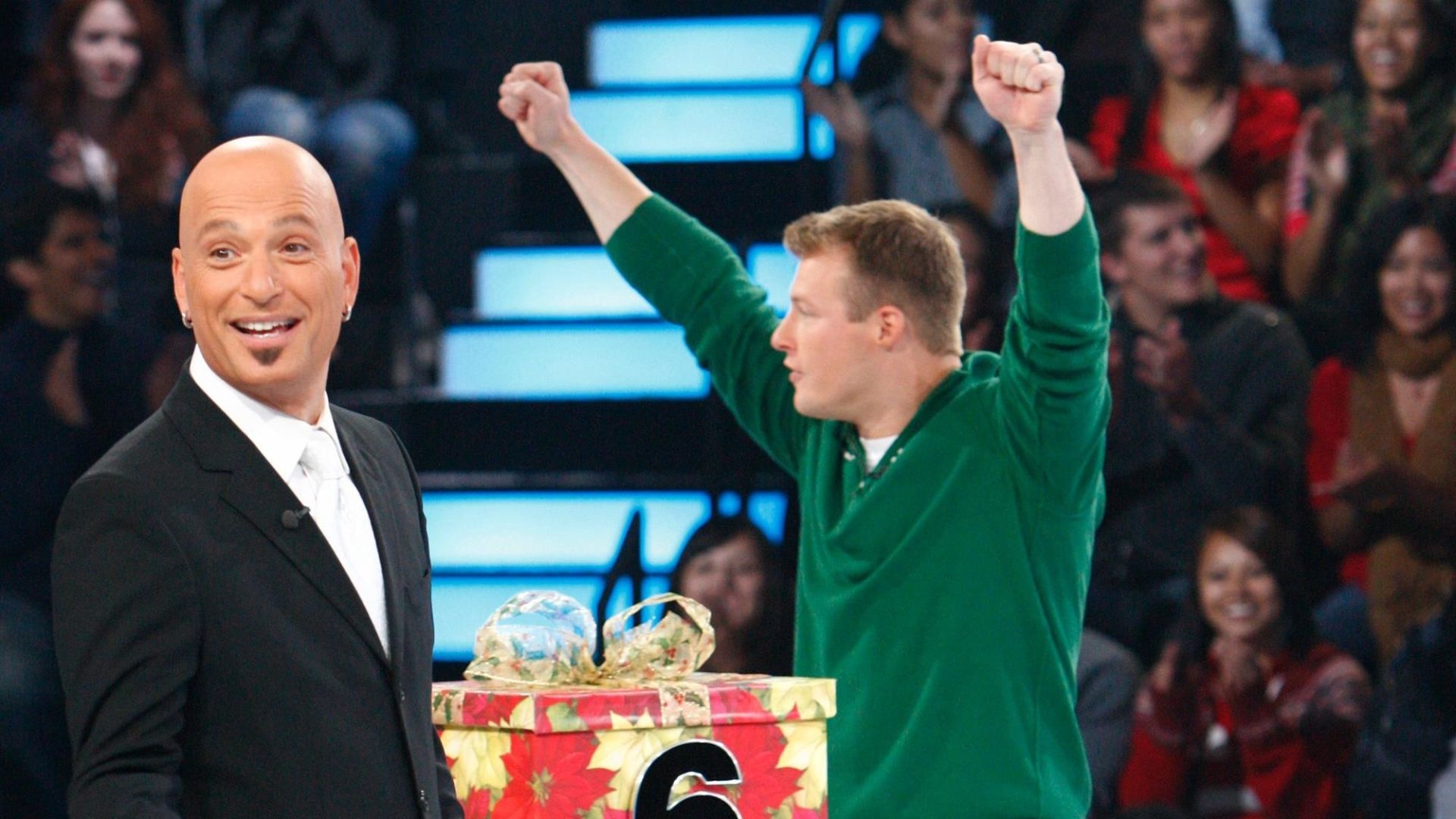 United States Army, Wikimedia Commons
United States Army, Wikimedia Commons
Sci-Fi Goes Mainstream
Science fiction wasn’t just for diehards anymore. Lost, Battlestar Galactica, and Fringe turned complex, futuristic plots into must-watch mainstream hits. They combined human emotion with wild imagination — proving that sci-fi could be stylish, moving, and addictive. Suddenly, everyone was into alternate realities and secret labs.
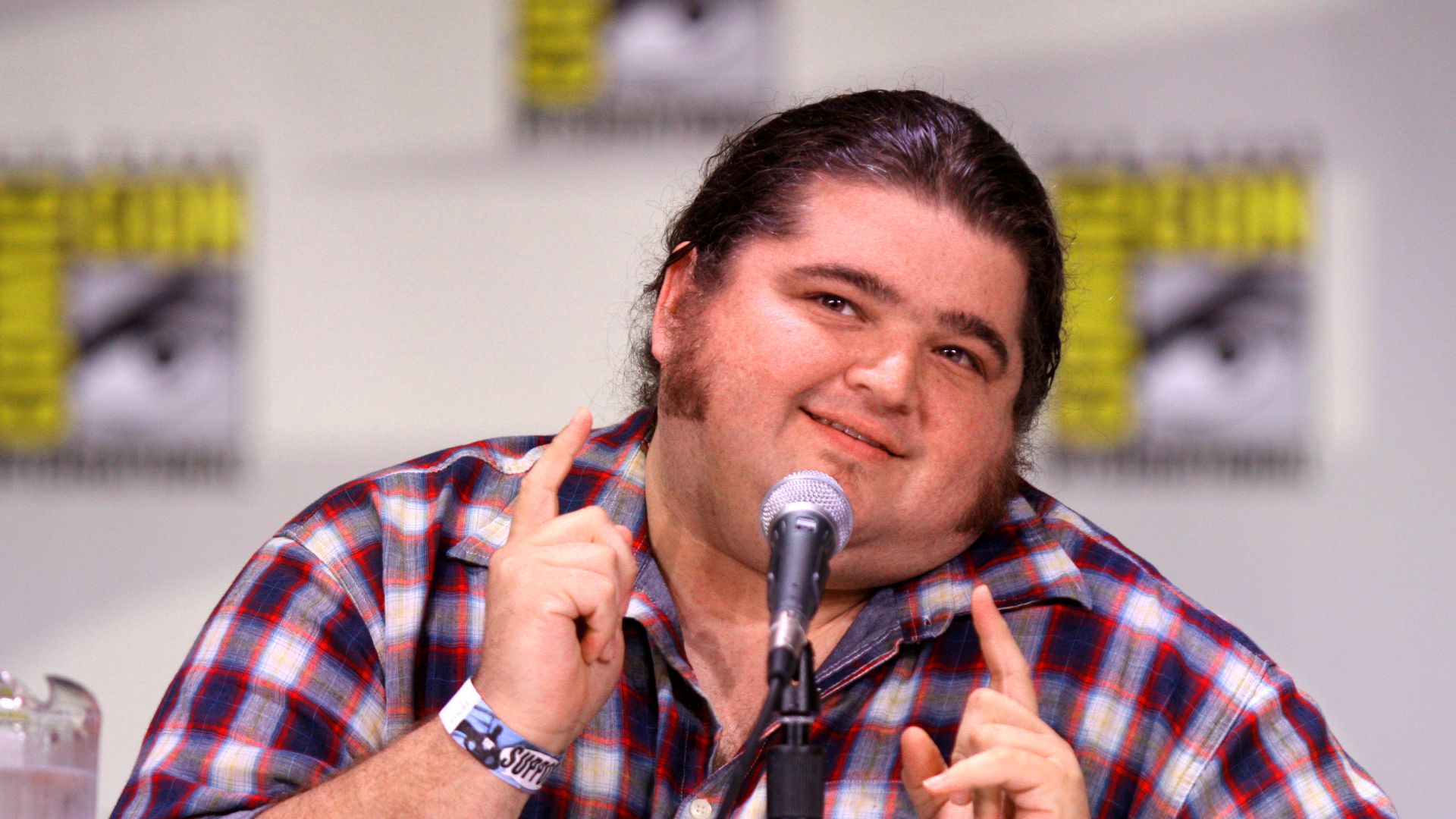 Gage Skidmore from Peoria, AZ, United States of America, Wikimedia Commons
Gage Skidmore from Peoria, AZ, United States of America, Wikimedia Commons
The Golden Age Of Crime Dramas
CSI, Law & Order: SVU, and Criminal Minds ruled the airwaves — and for good reason. They mixed slick storytelling with fascinating crimes and unforgettable characters. These shows made forensics cool and created a whole new wave of amateur sleuths who thought they could solve anything after one episode.
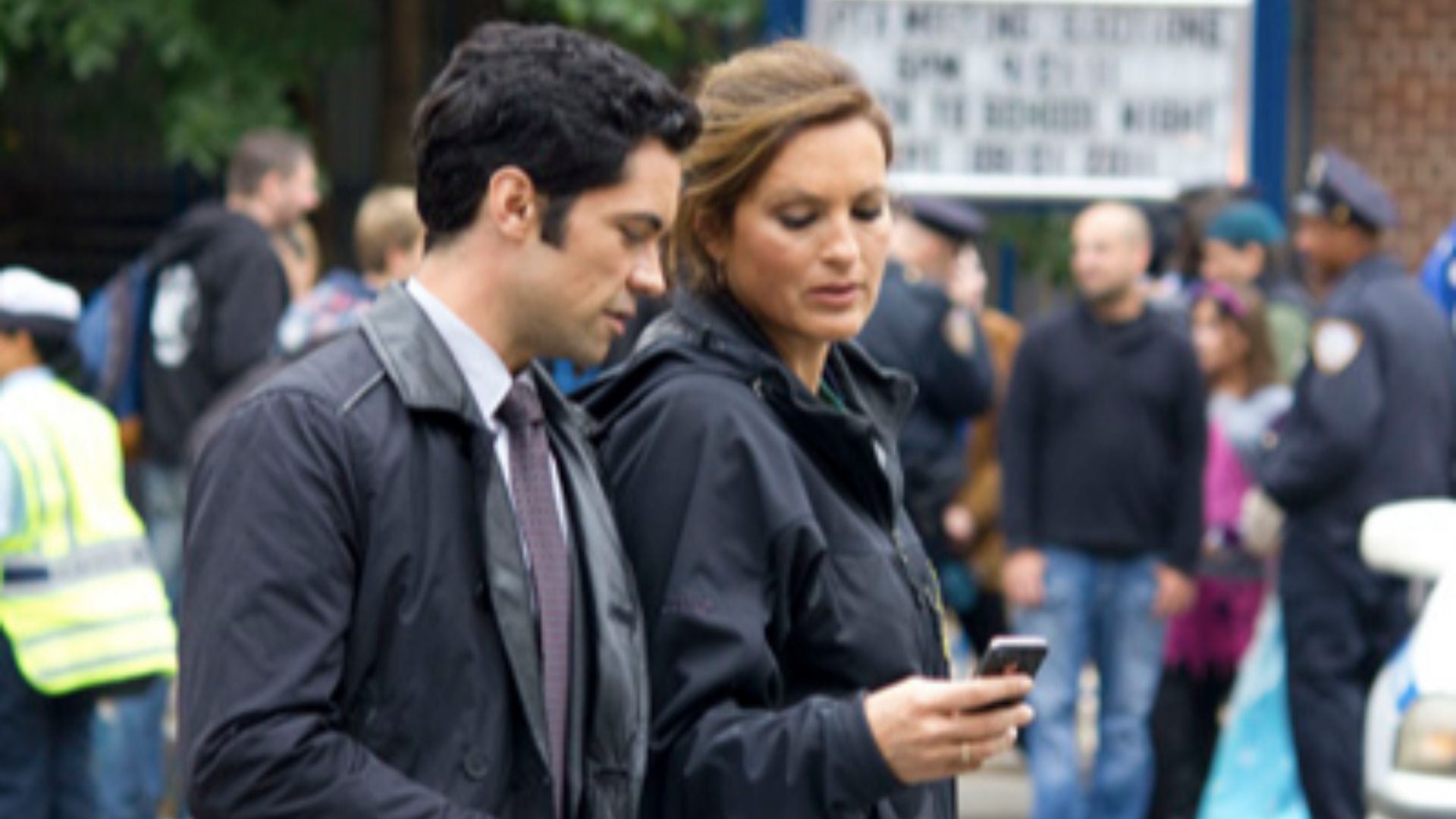 Daniel P. Fleming, Wikimedia Commons
Daniel P. Fleming, Wikimedia Commons
Mockumentary Madness
Shows like The Office and Parks and Recreation reinvented comedy with their faux-documentary style. The awkward glances, the talking heads, the quiet chaos — it all felt hilariously real. The format was fresh, funny, and endlessly quotable, making these shows instant classics that still dominate memes today.
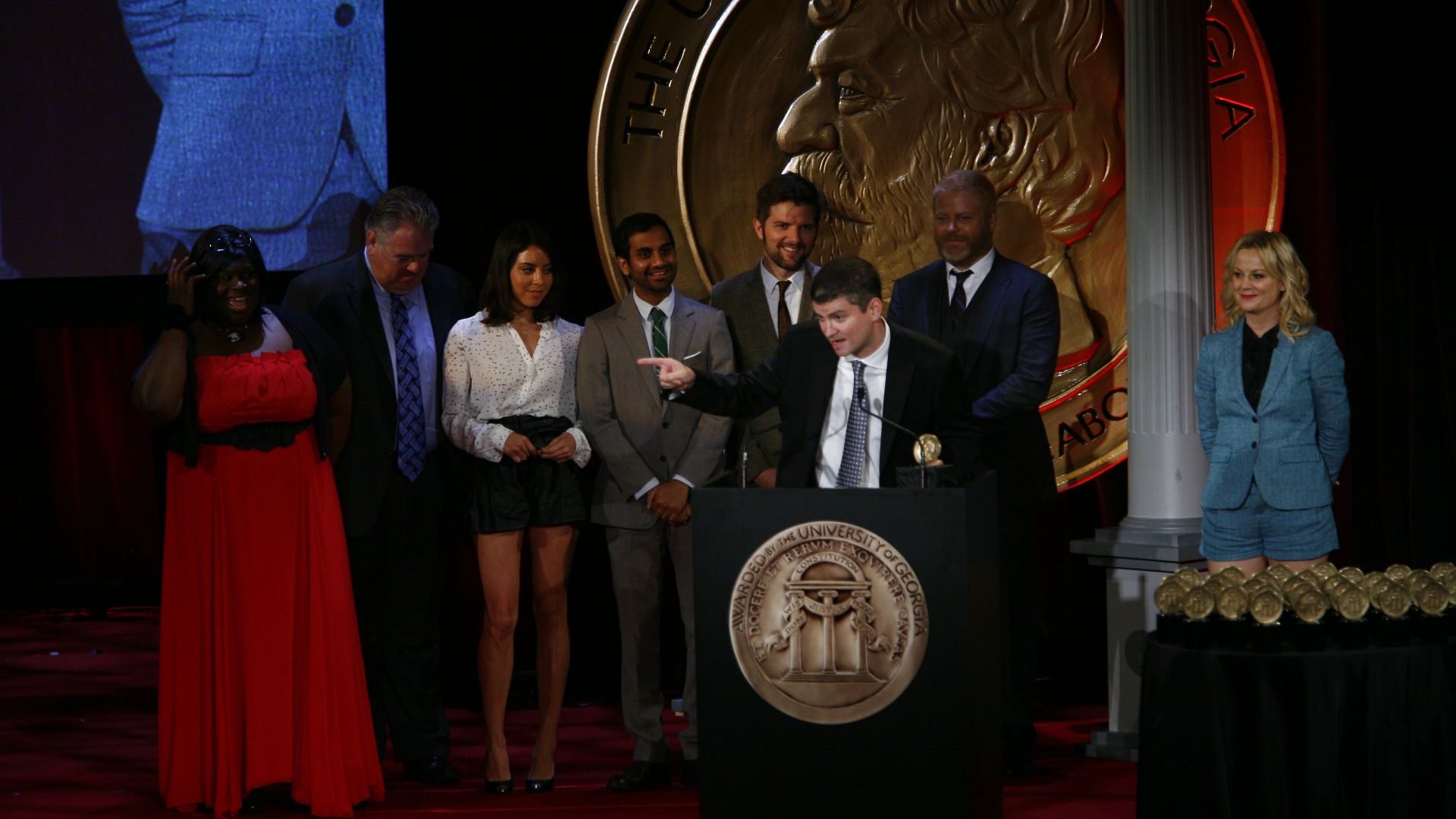 The Peabody Awards, Wikimedia Commons
The Peabody Awards, Wikimedia Commons
TiVo & DVRs Change Everything
Technology finally caught up with our attention spans. With TiVo and DVRs, we could pause live TV, skip commercials, and rewatch favorite moments whenever we wanted. It gave viewers power for the first time — and changed the way we thought about watching television forever.
The Birth Of “Event TV”
Live TV was a shared experience. Whether it was American Idol finales, Super Bowl halftime shows, or award nights filled with surprises, these moments brought everyone together. You didn’t just watch — you participated. Before social media, this was how we connected through pop culture in real time.
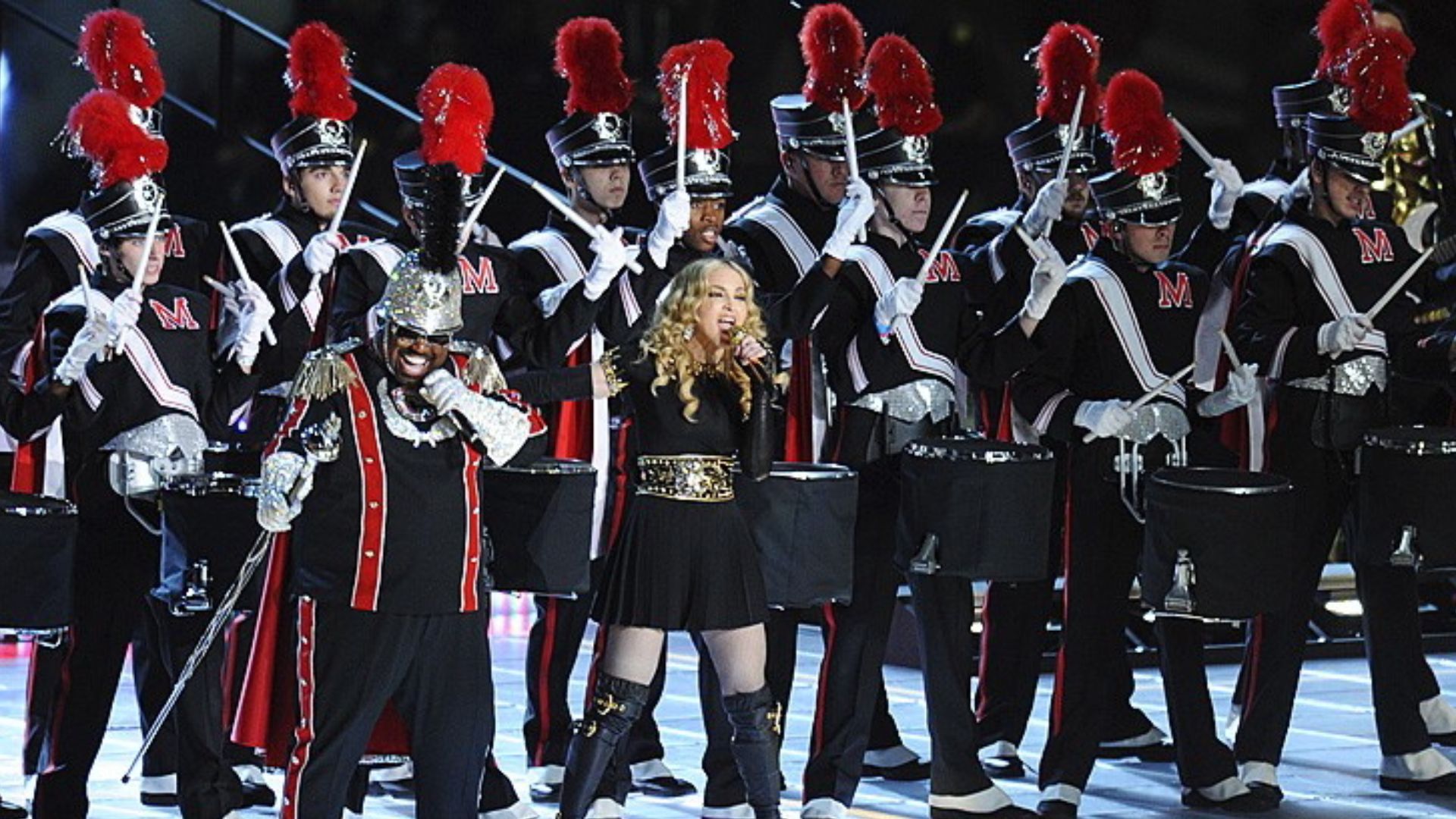 Center Grove High School Bands, Wikimedia Commons
Center Grove High School Bands, Wikimedia Commons
The Rise Of Cable News Dramas
In a politically charged decade, shows like The West Wing and 24 reflected our collective anxiety — and fascination — with power, politics, and global tension. They were smart, fast, and full of energy, giving us fictional escapes that felt just a little too close to reality.
The Power Of The Water-Cooler Moment
Before Twitter threads and Reddit debates, there was the water cooler. People gathered to talk about last night’s Lost twist or Grey’s Anatomy heartbreak. These shared moments made TV feel alive — something we all experienced together, even when we were watching alone in our living rooms.
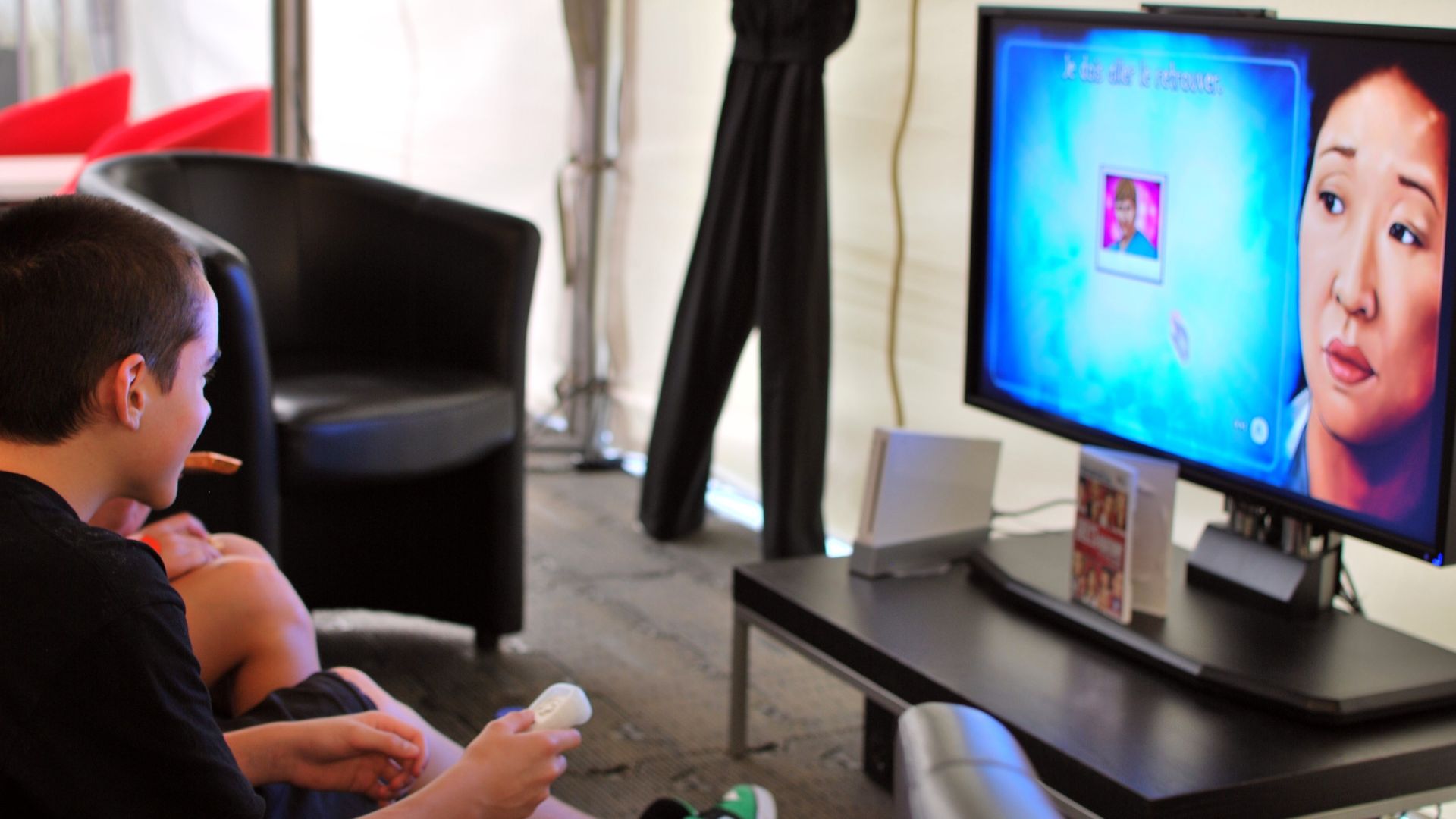 Morgan Garnet, Wikimedia Commons
Morgan Garnet, Wikimedia Commons
The Legacy Lives On
The 2000s didn’t just give us great TV — they reinvented what TV could be. From reality chaos to prestige storytelling, from mailed DVDs to streaming empires, the decade was pure transformation. Every binge-watch, reboot, and pop-culture phenomenon today owes a little something to the wild, wonderful world of 2000s television.
You May Also Like:
Bad Movies That Were Saved By An Awesome Ending
Why Is Everyone Under 25 Saying 'Six, Seven' All The Time—And When Will It Stop?
The loss of his son led Robert Plant to write Led Zeppelin's "saddest" and most heartfelt song

